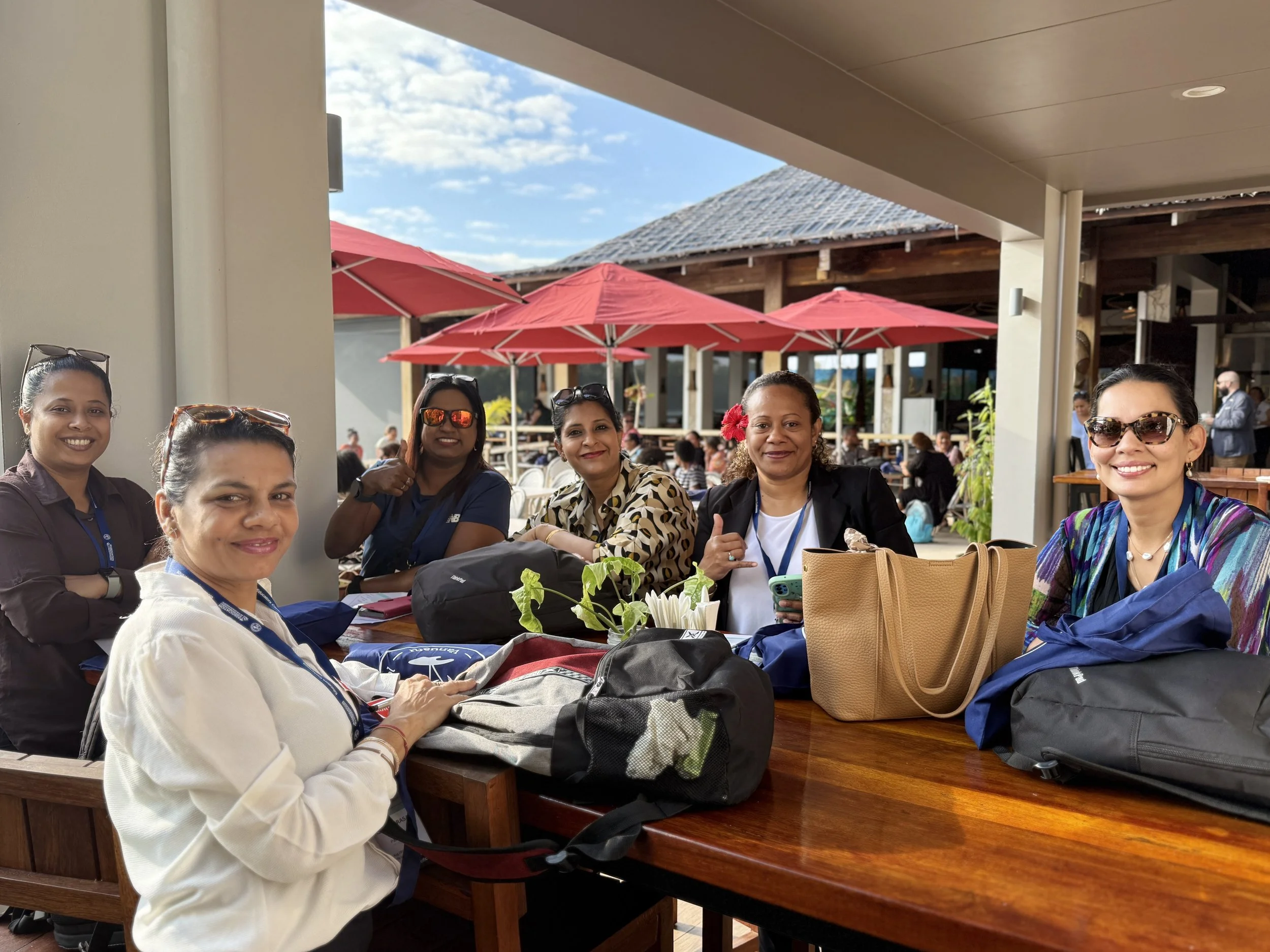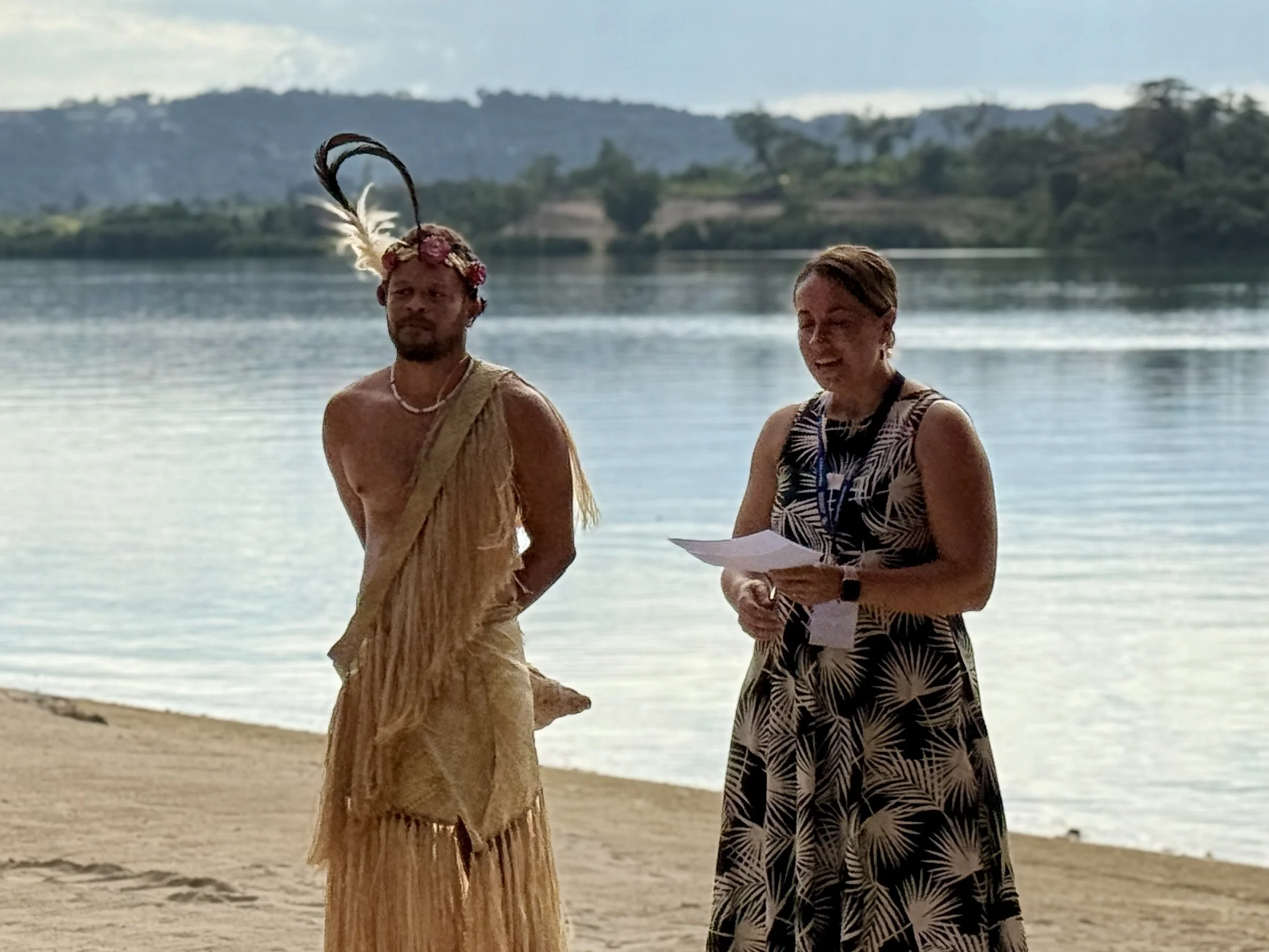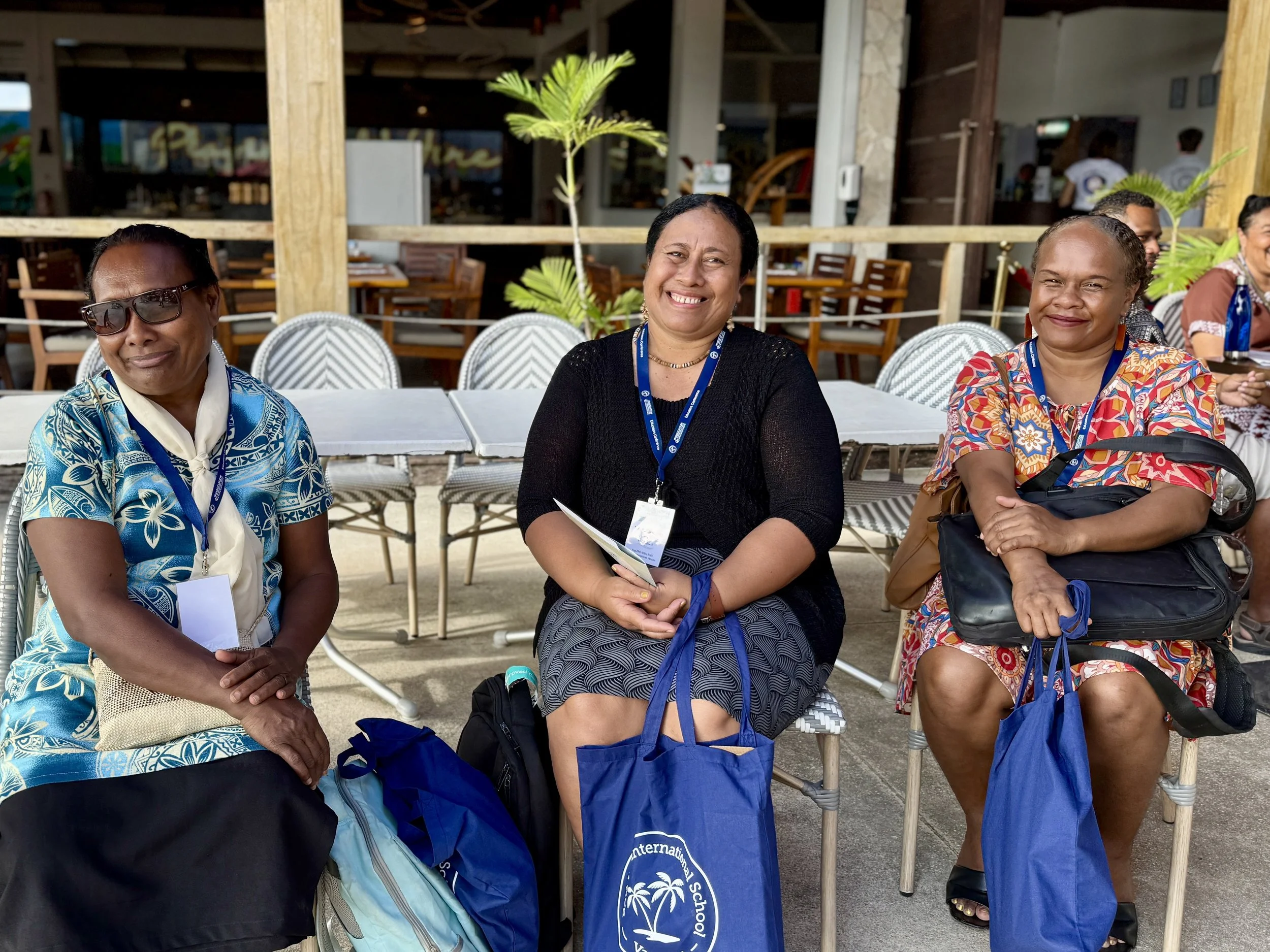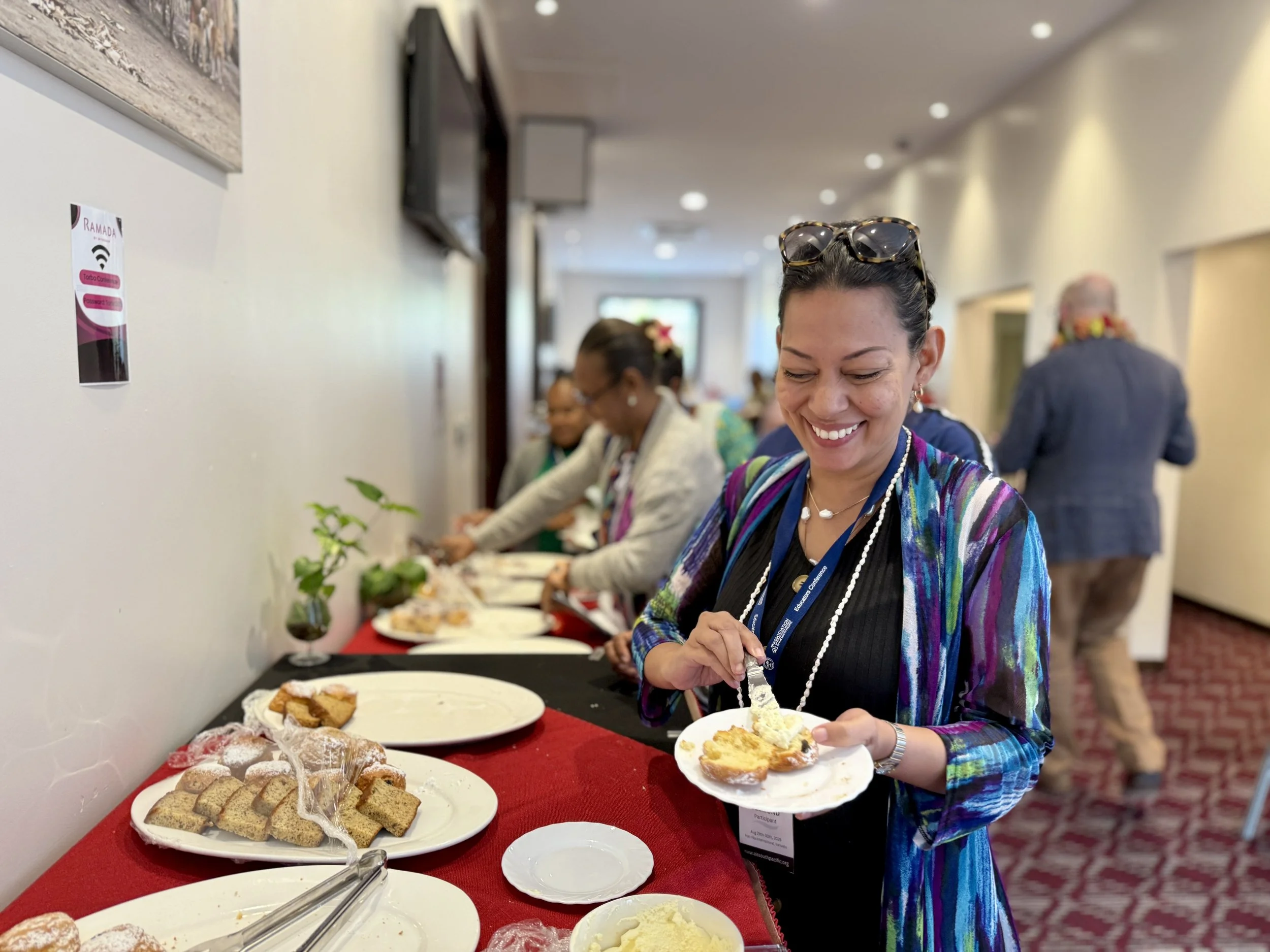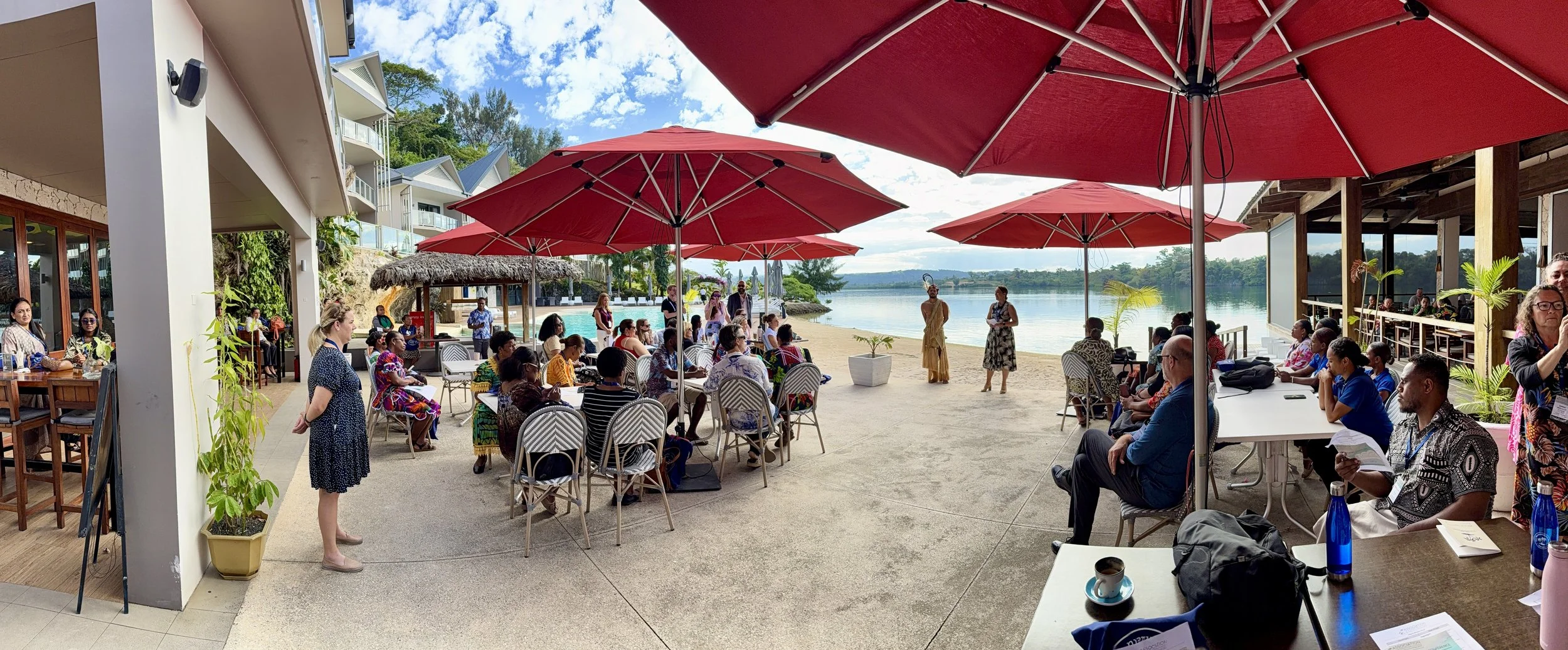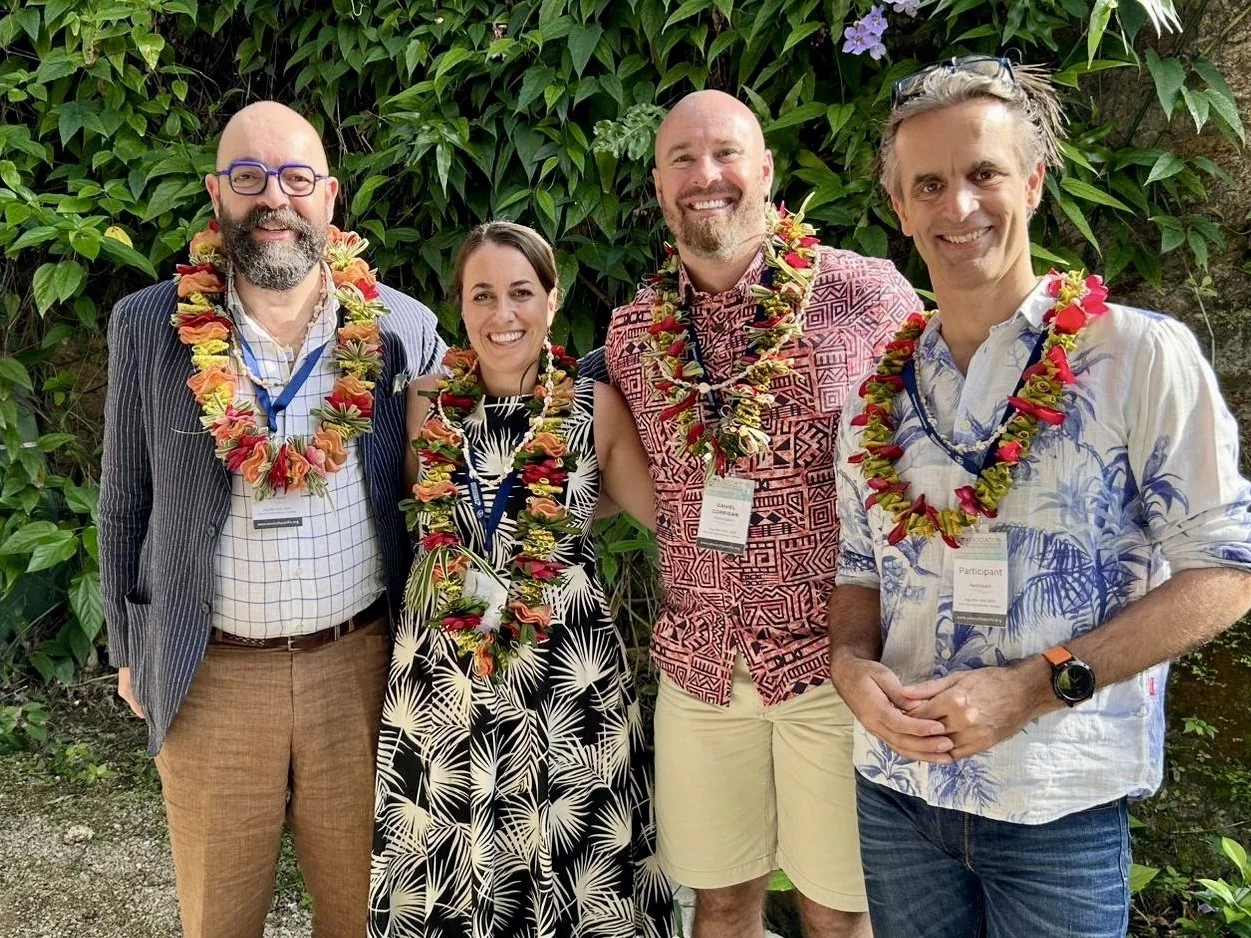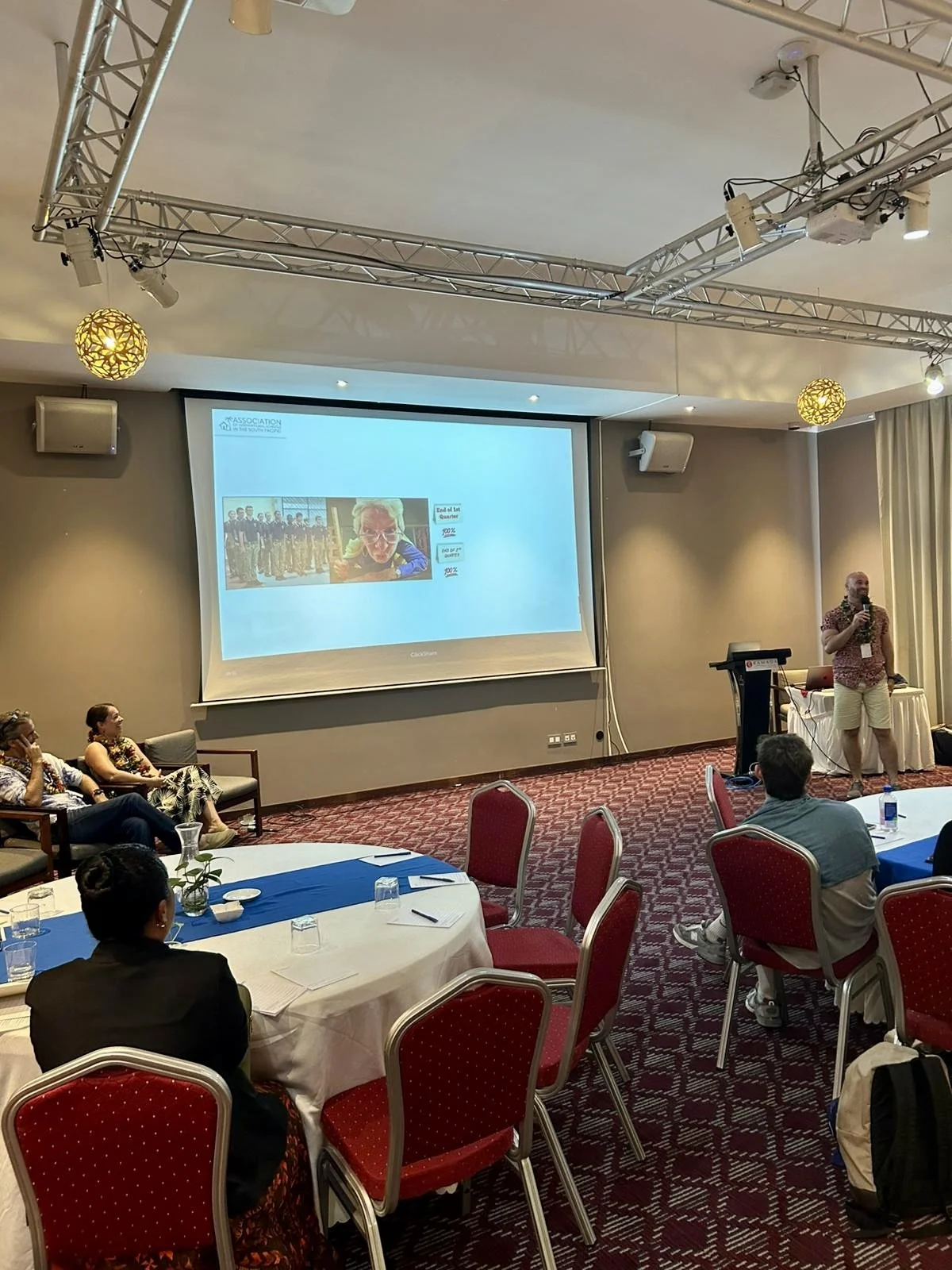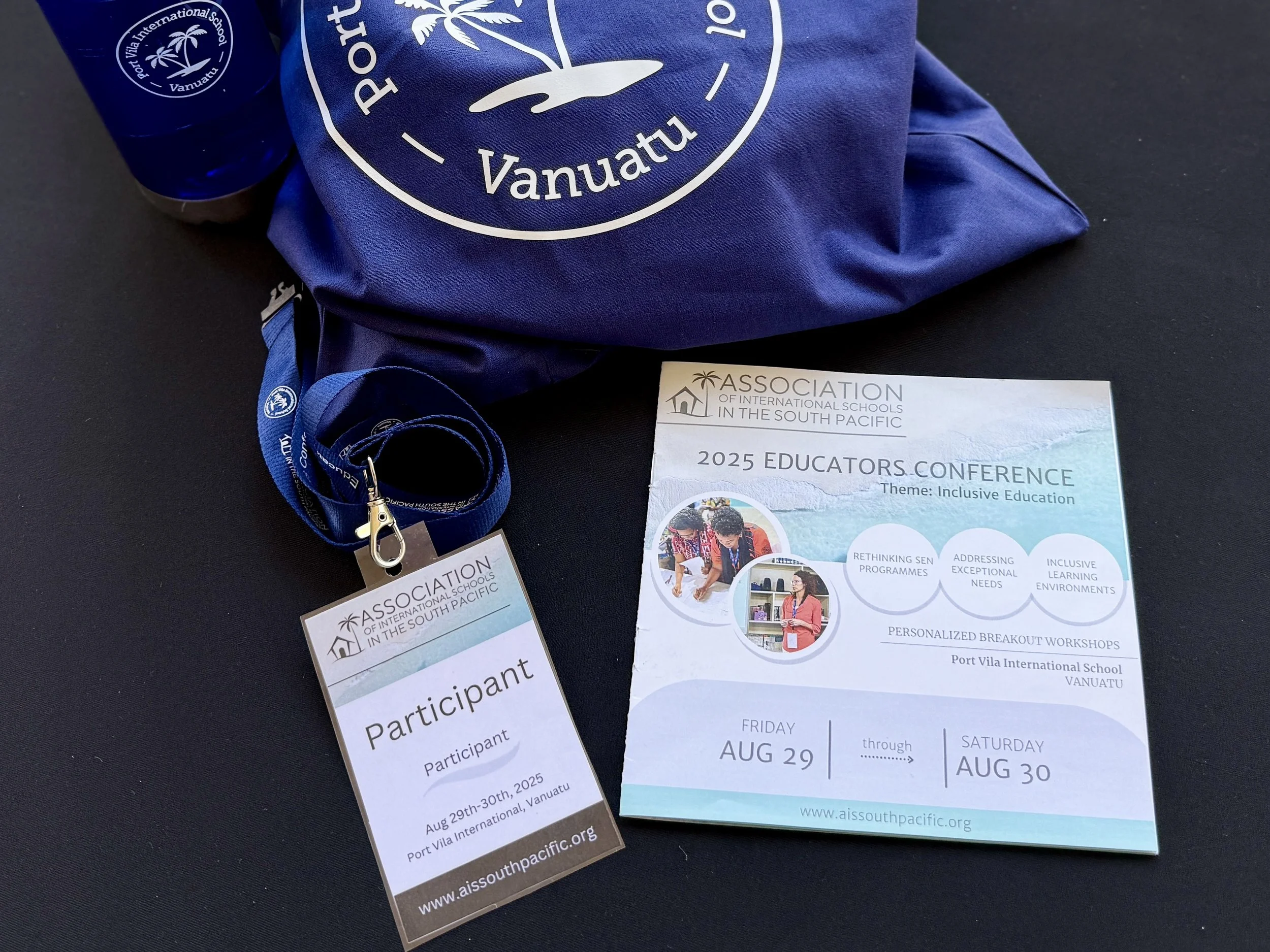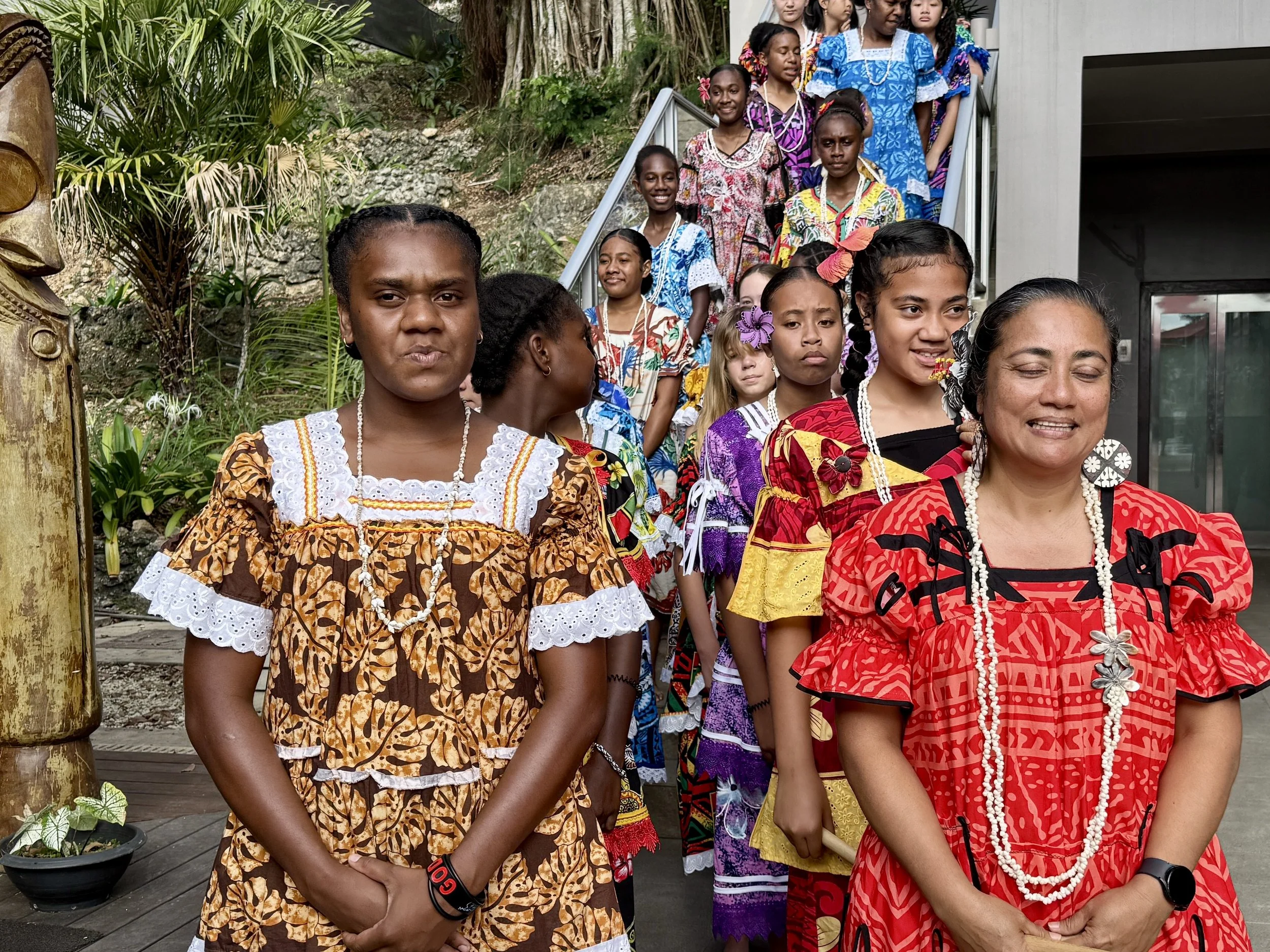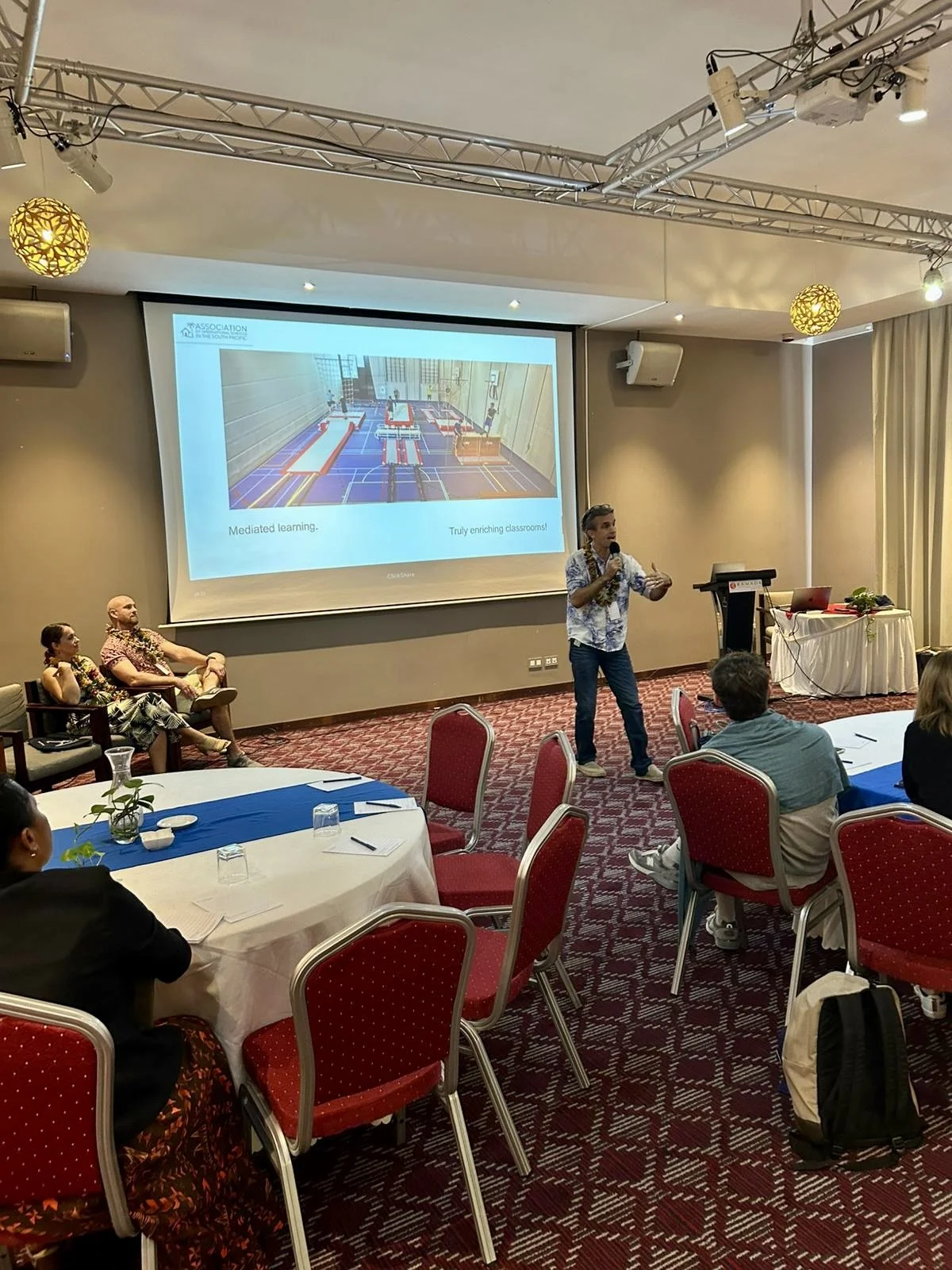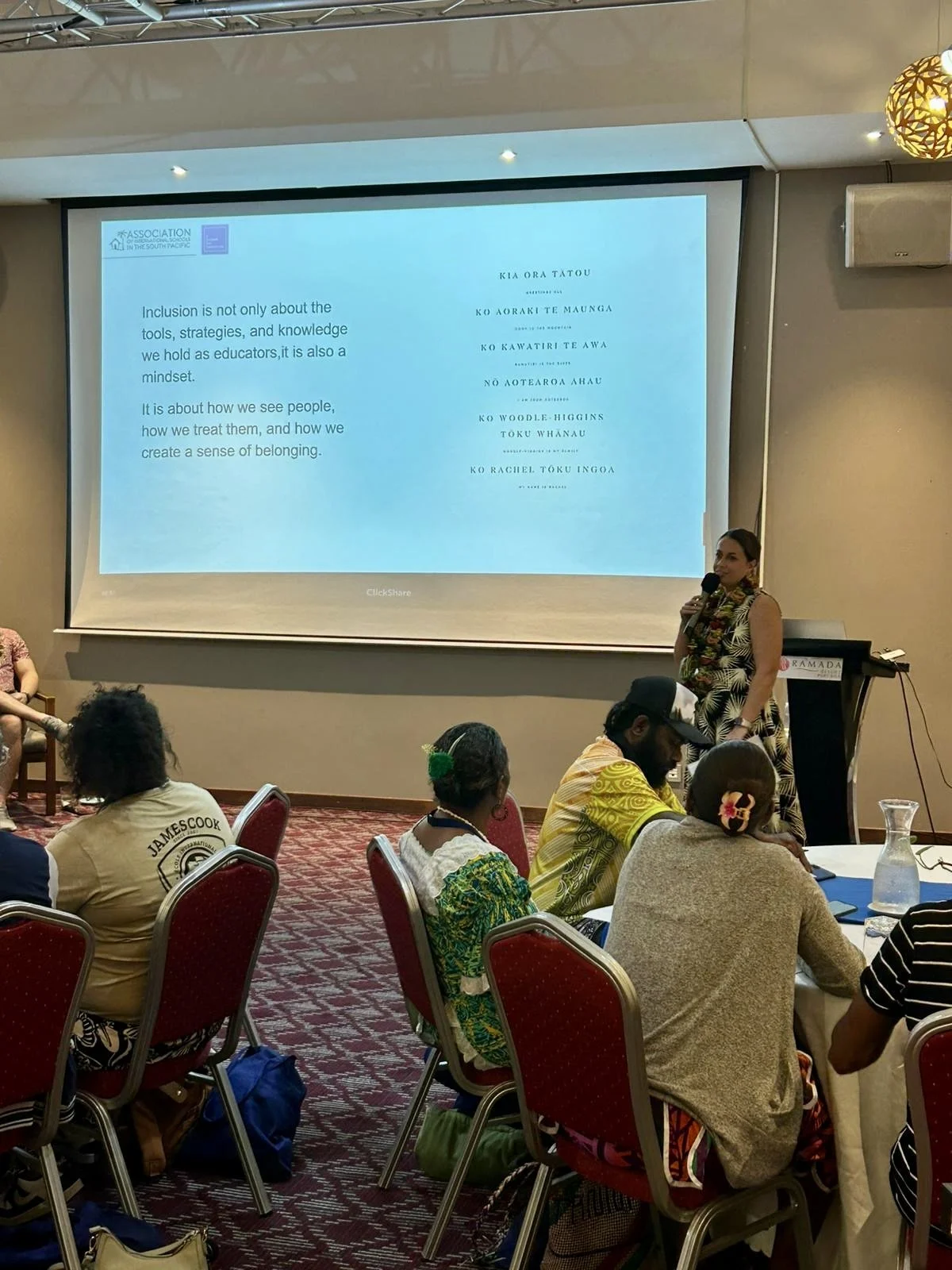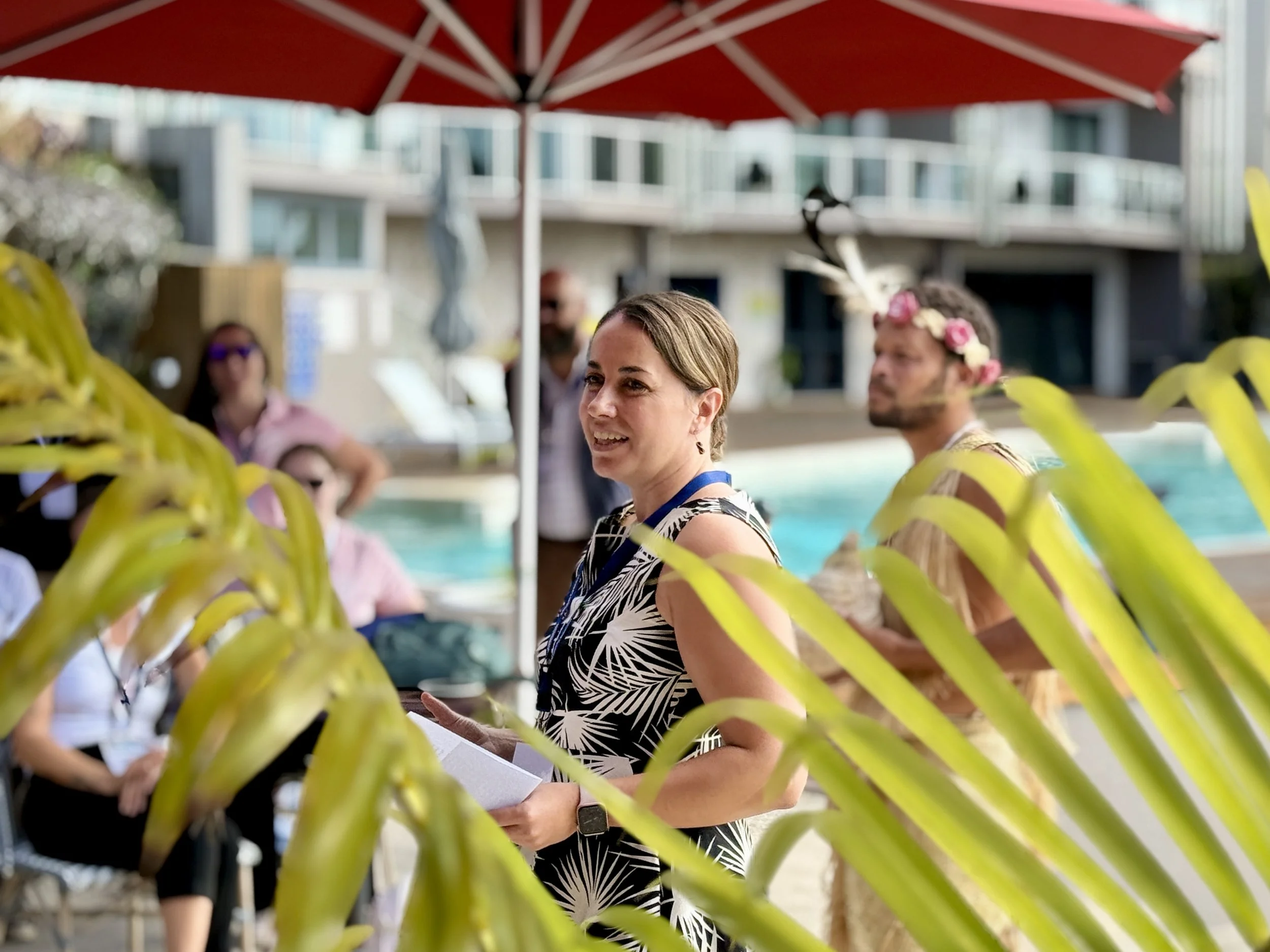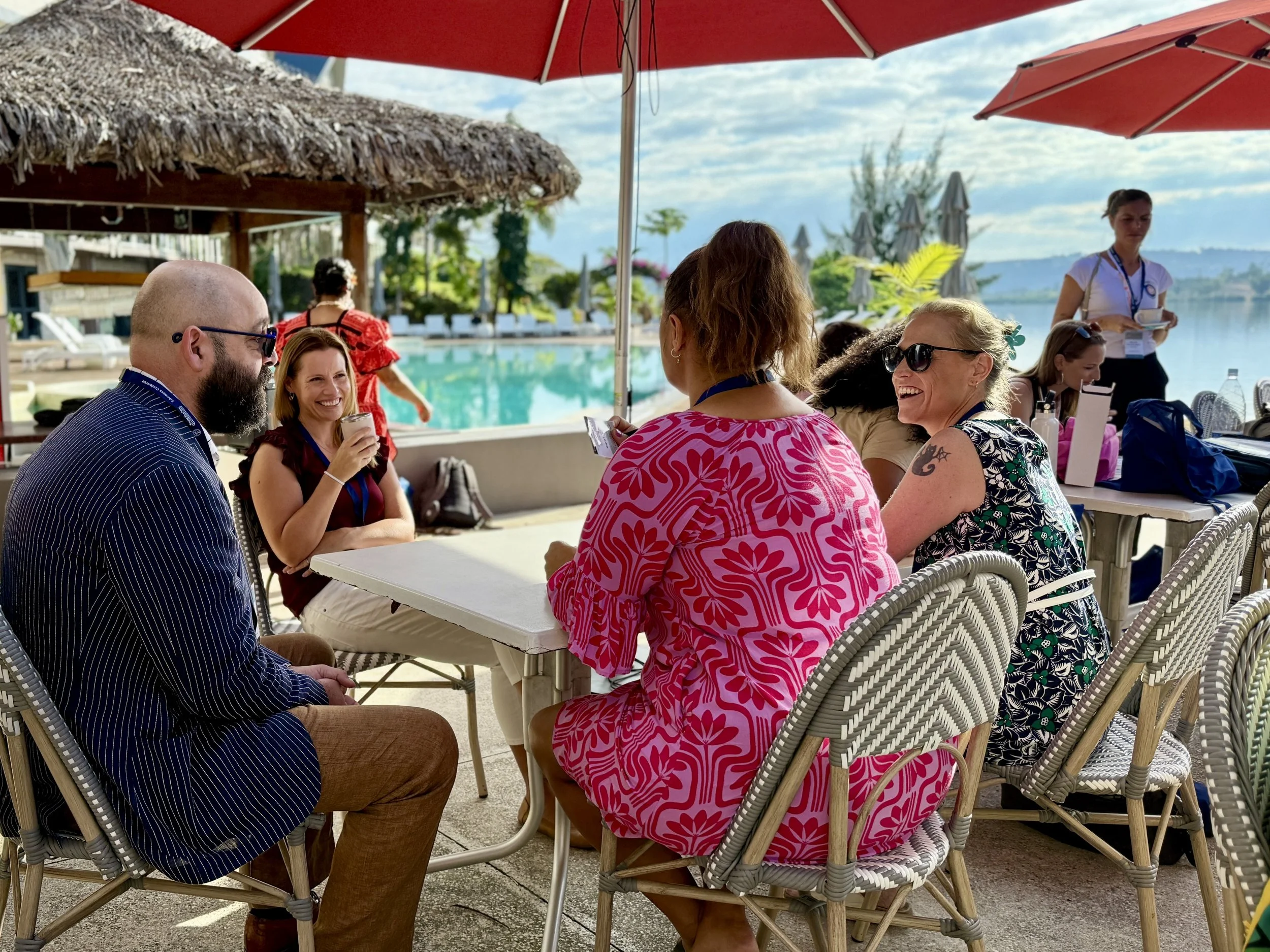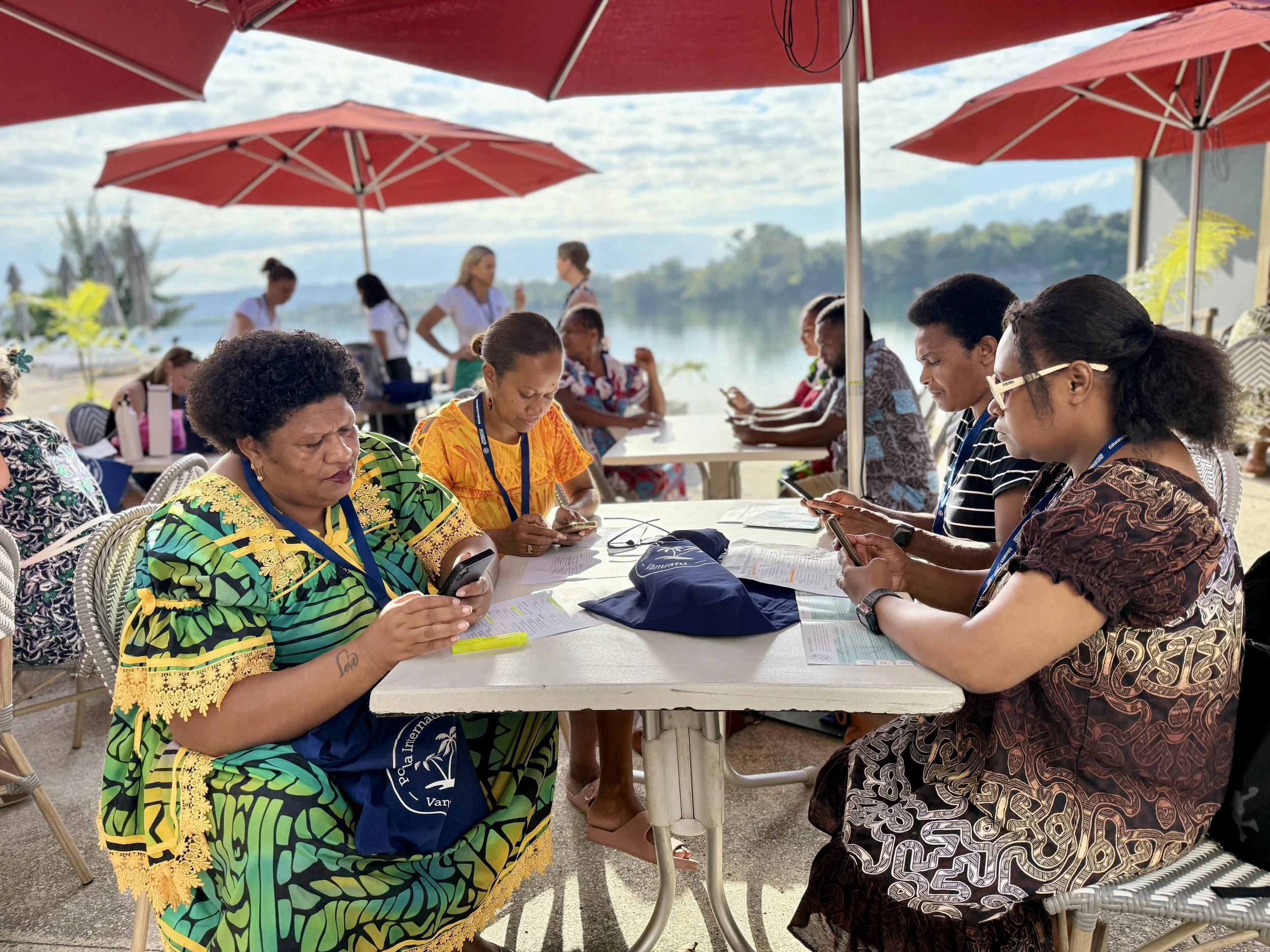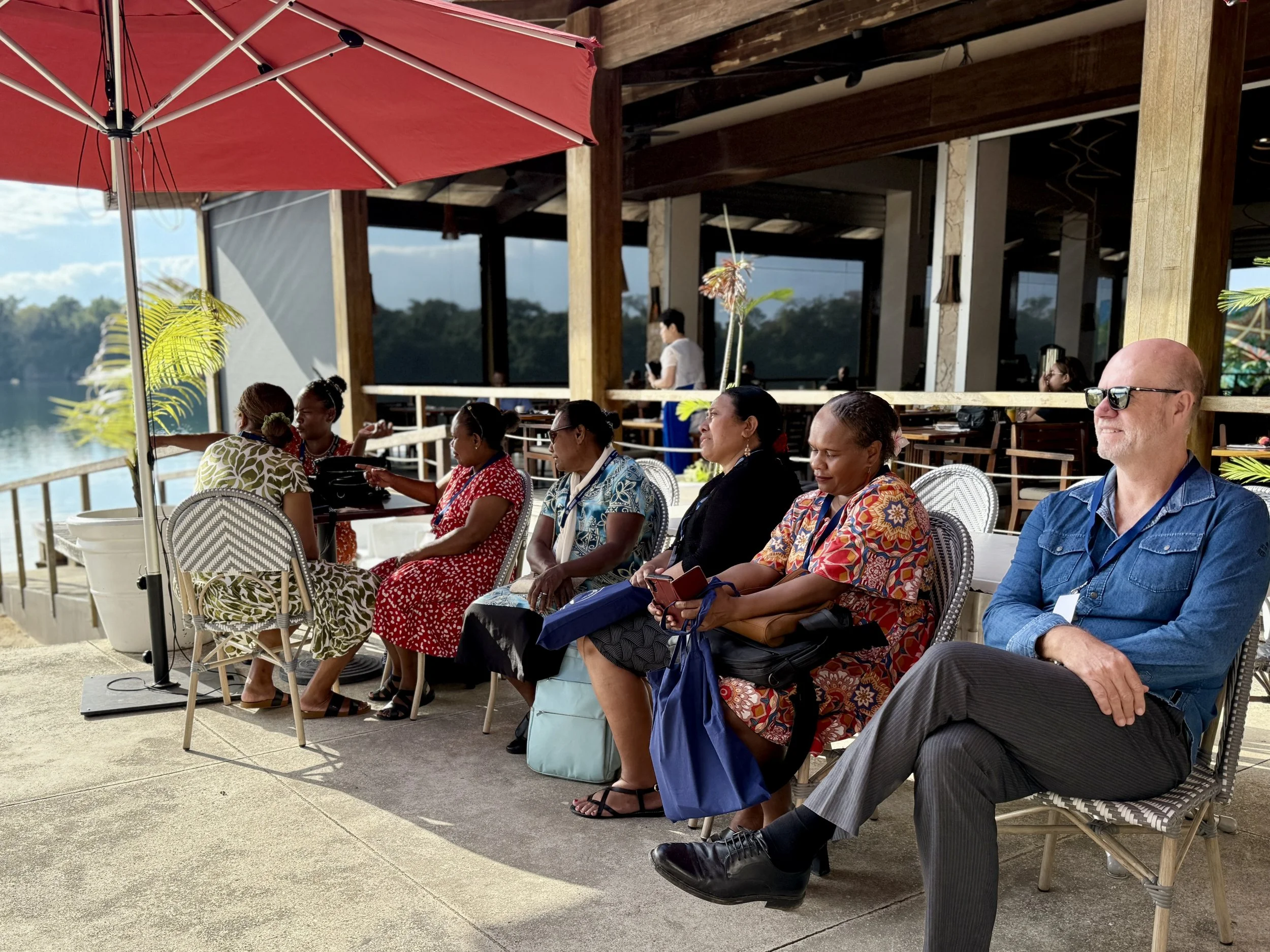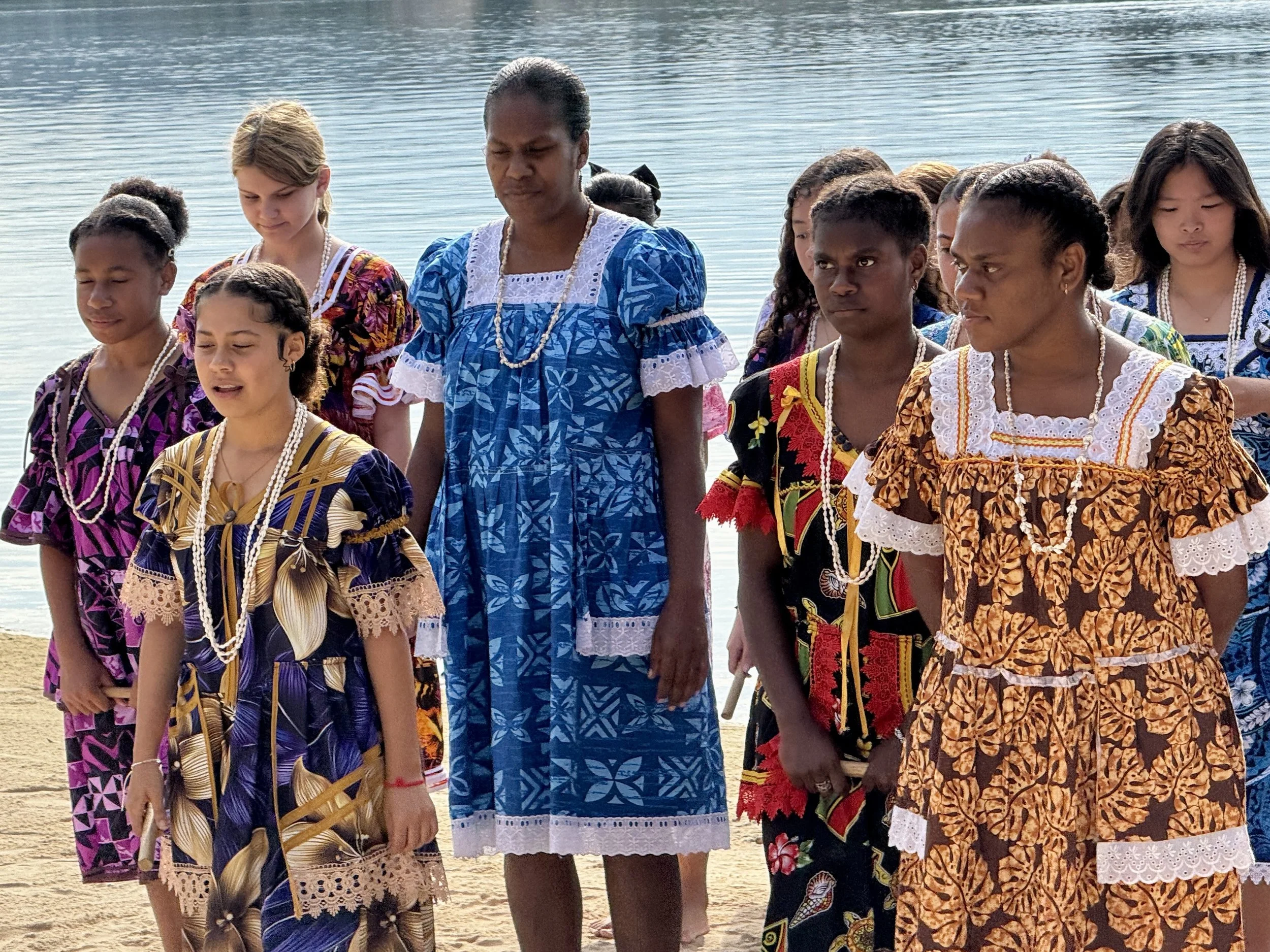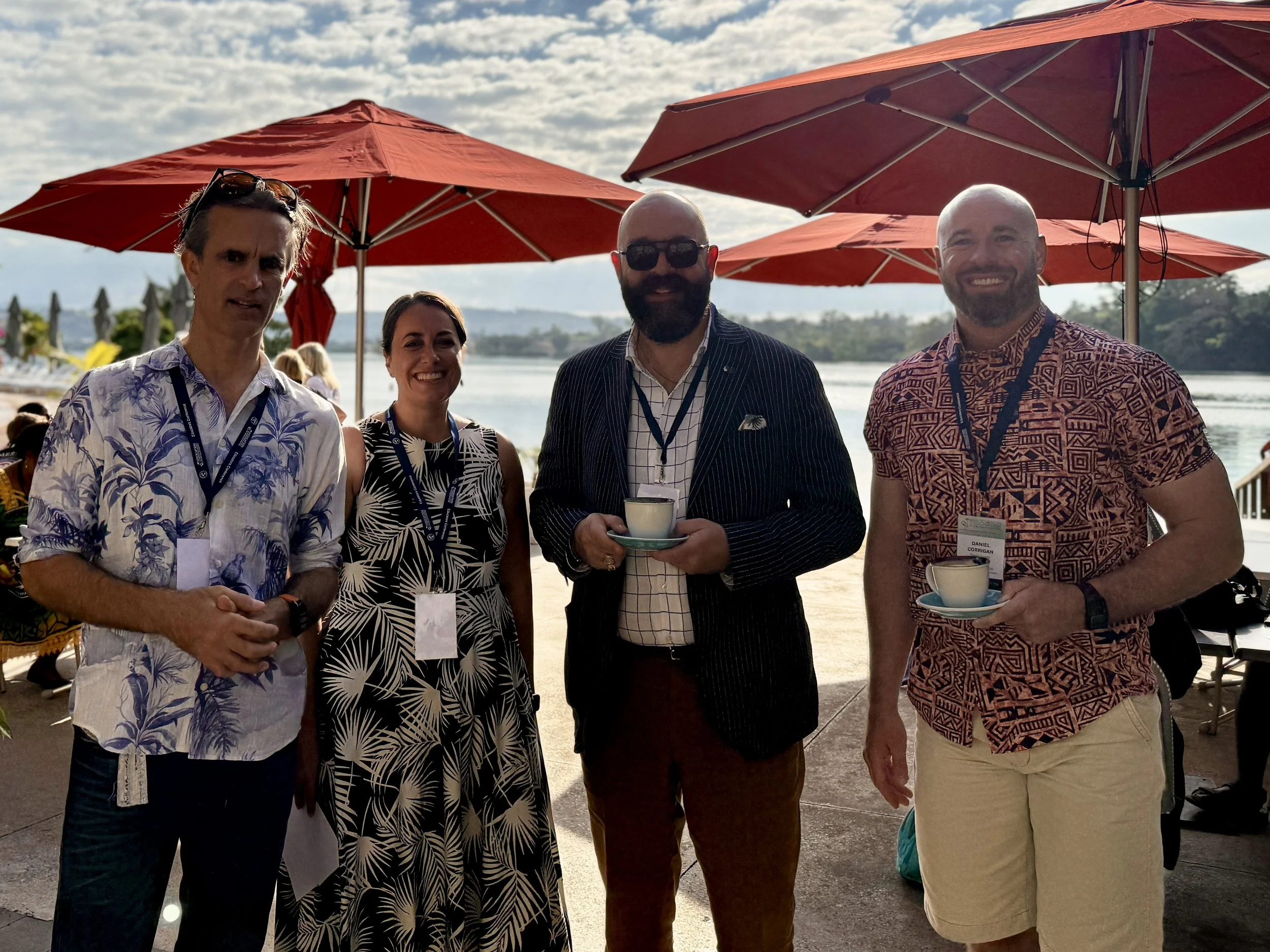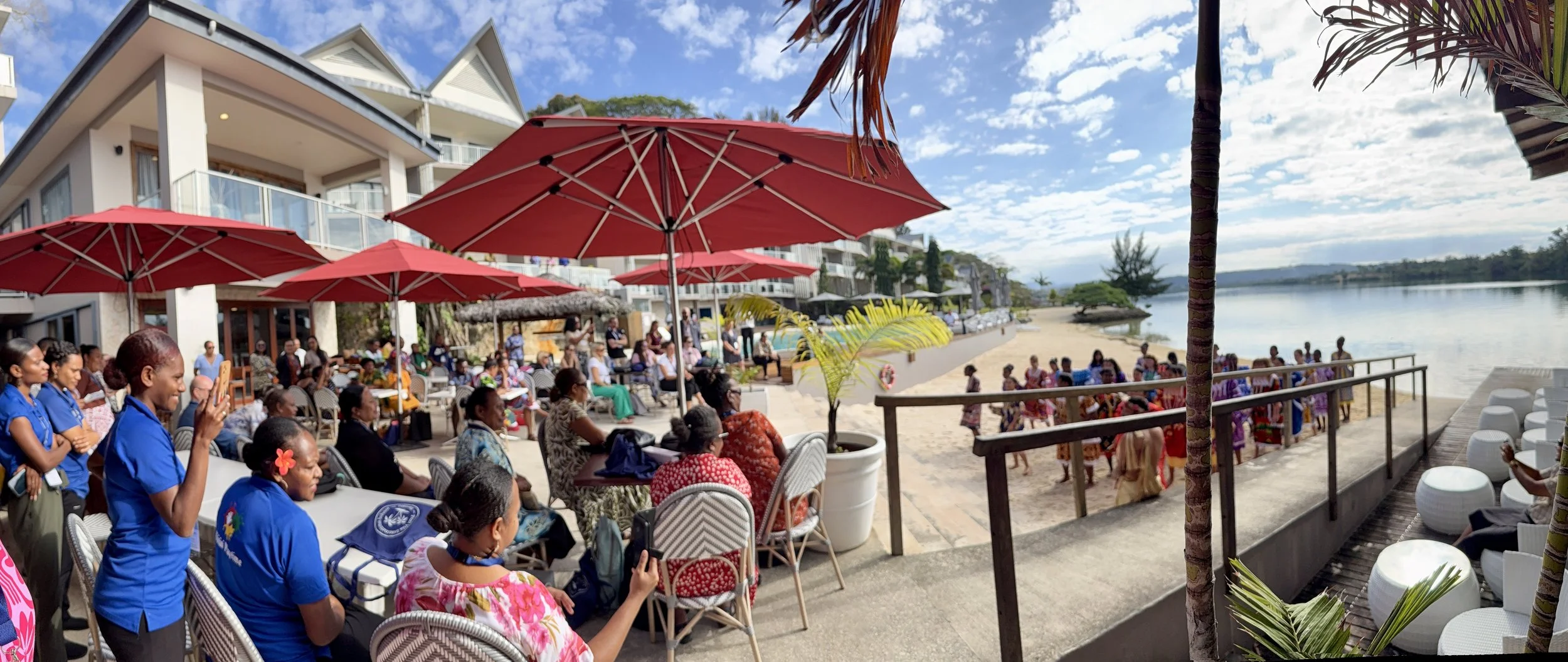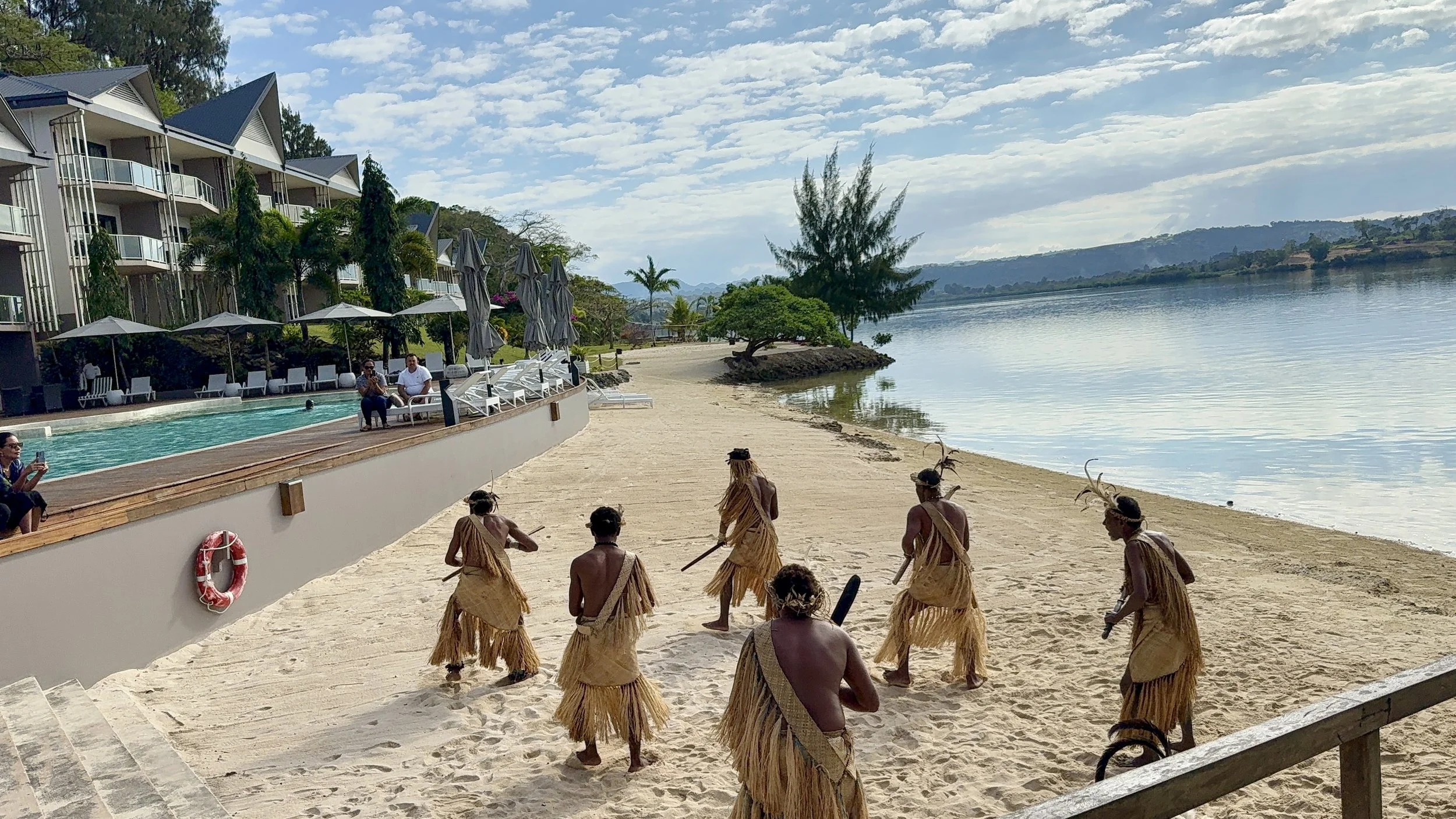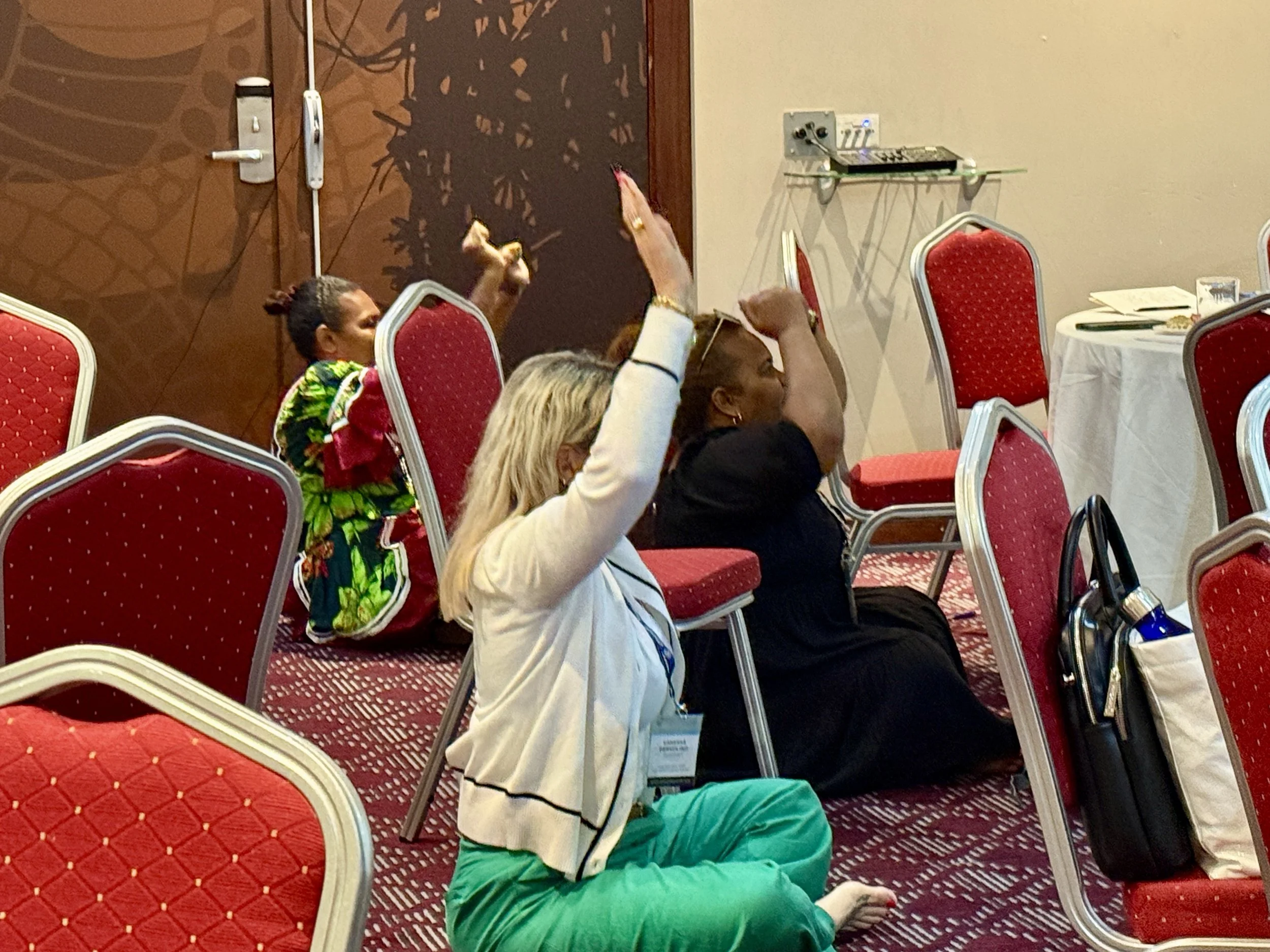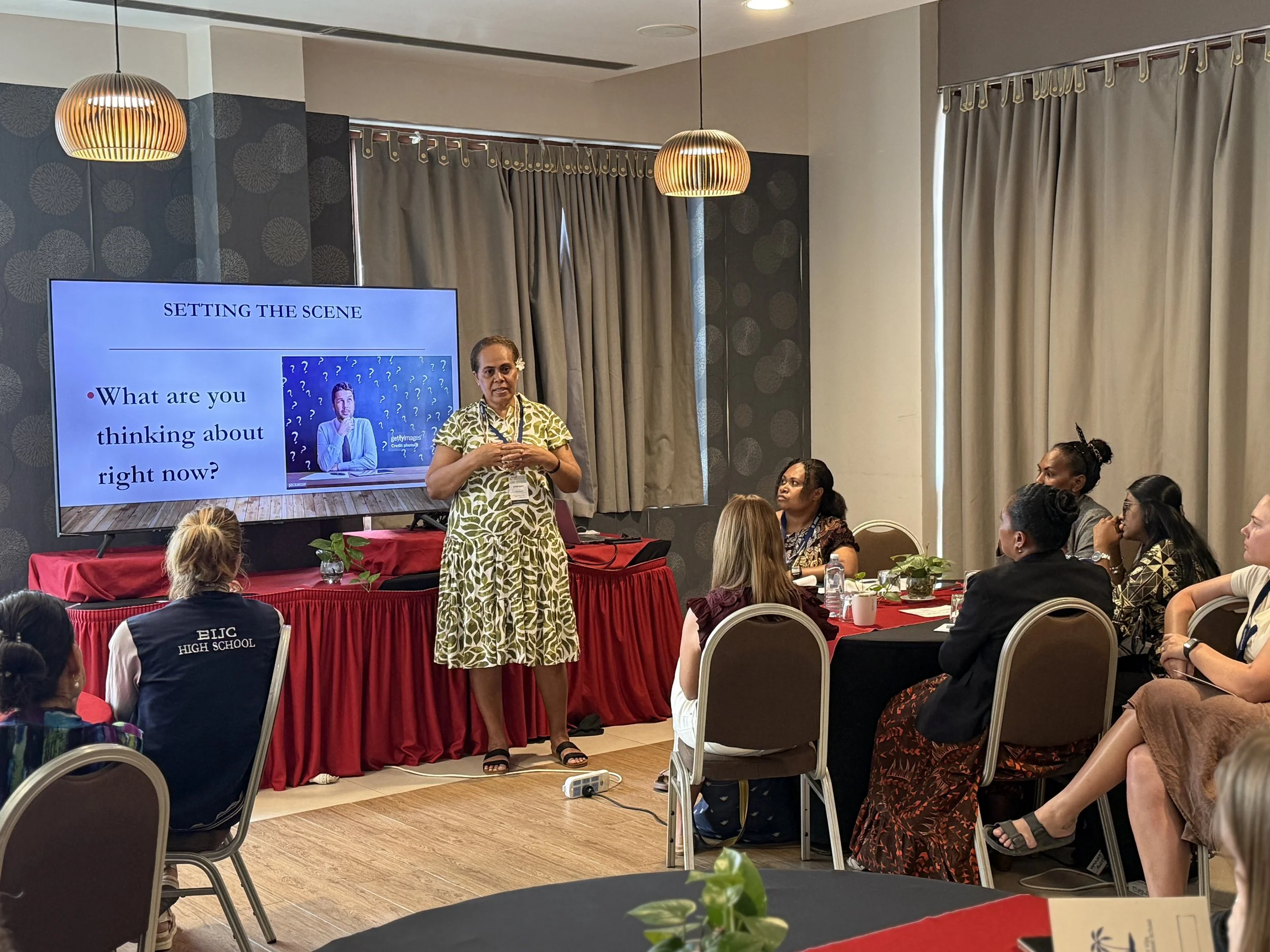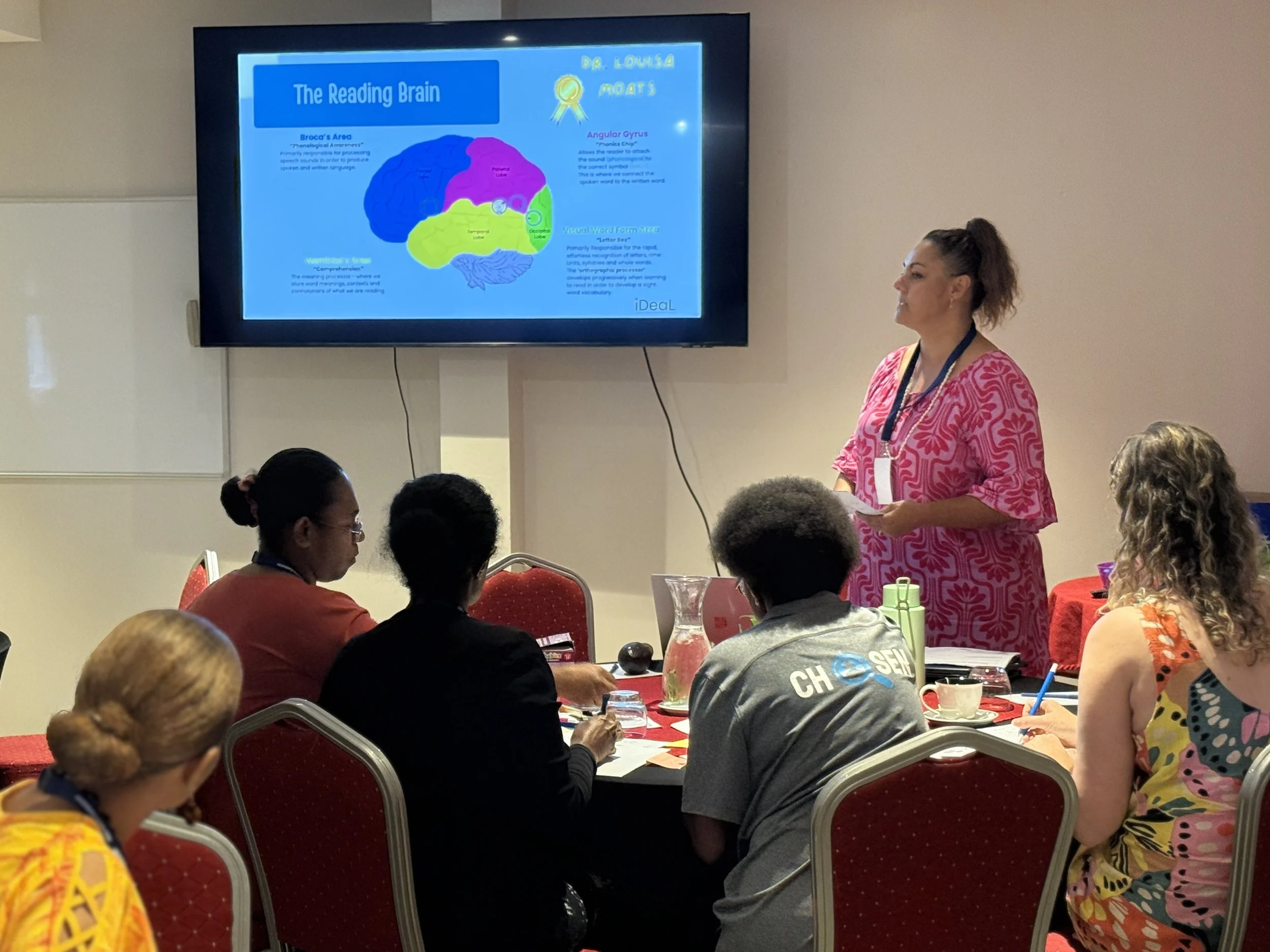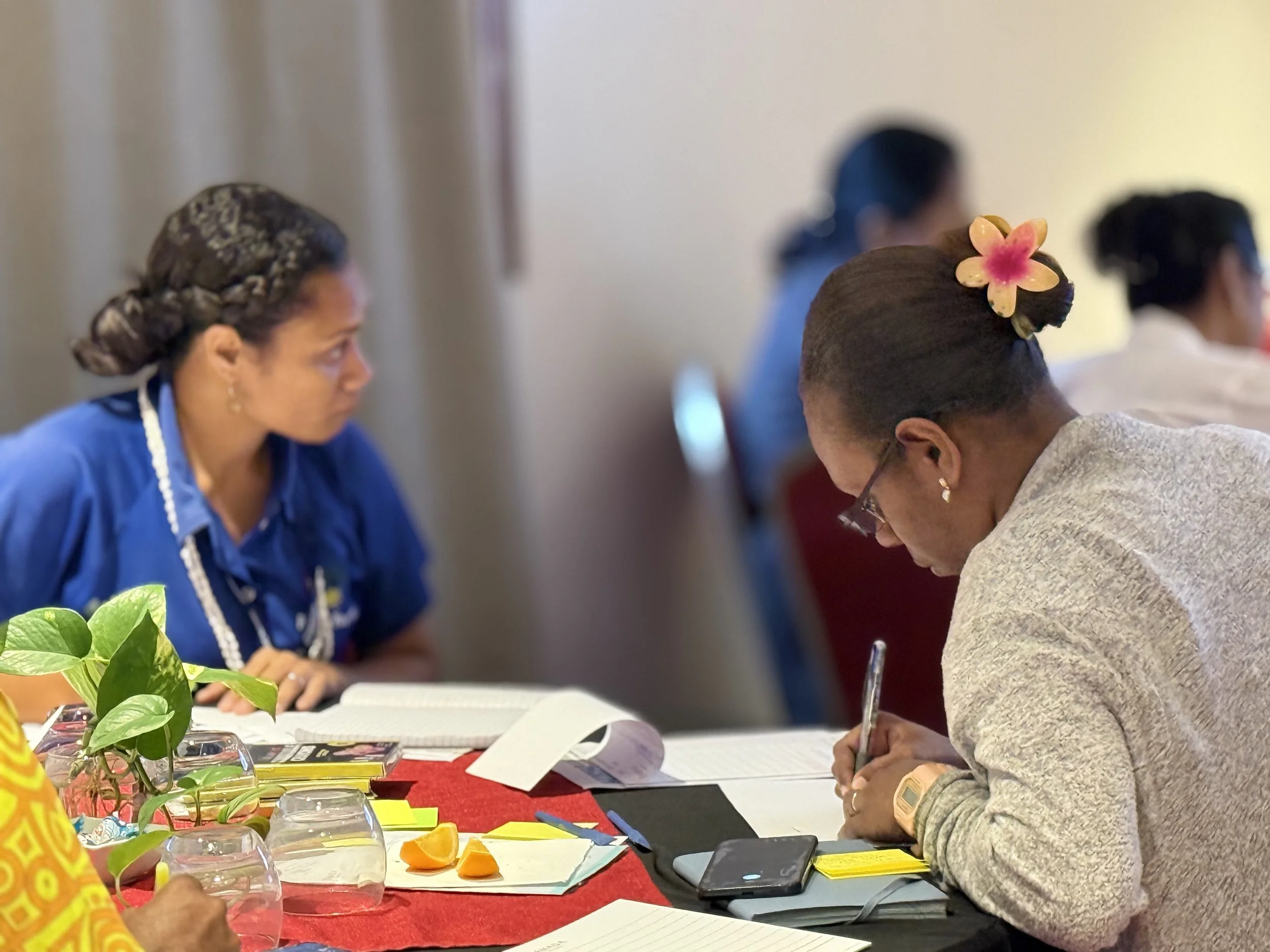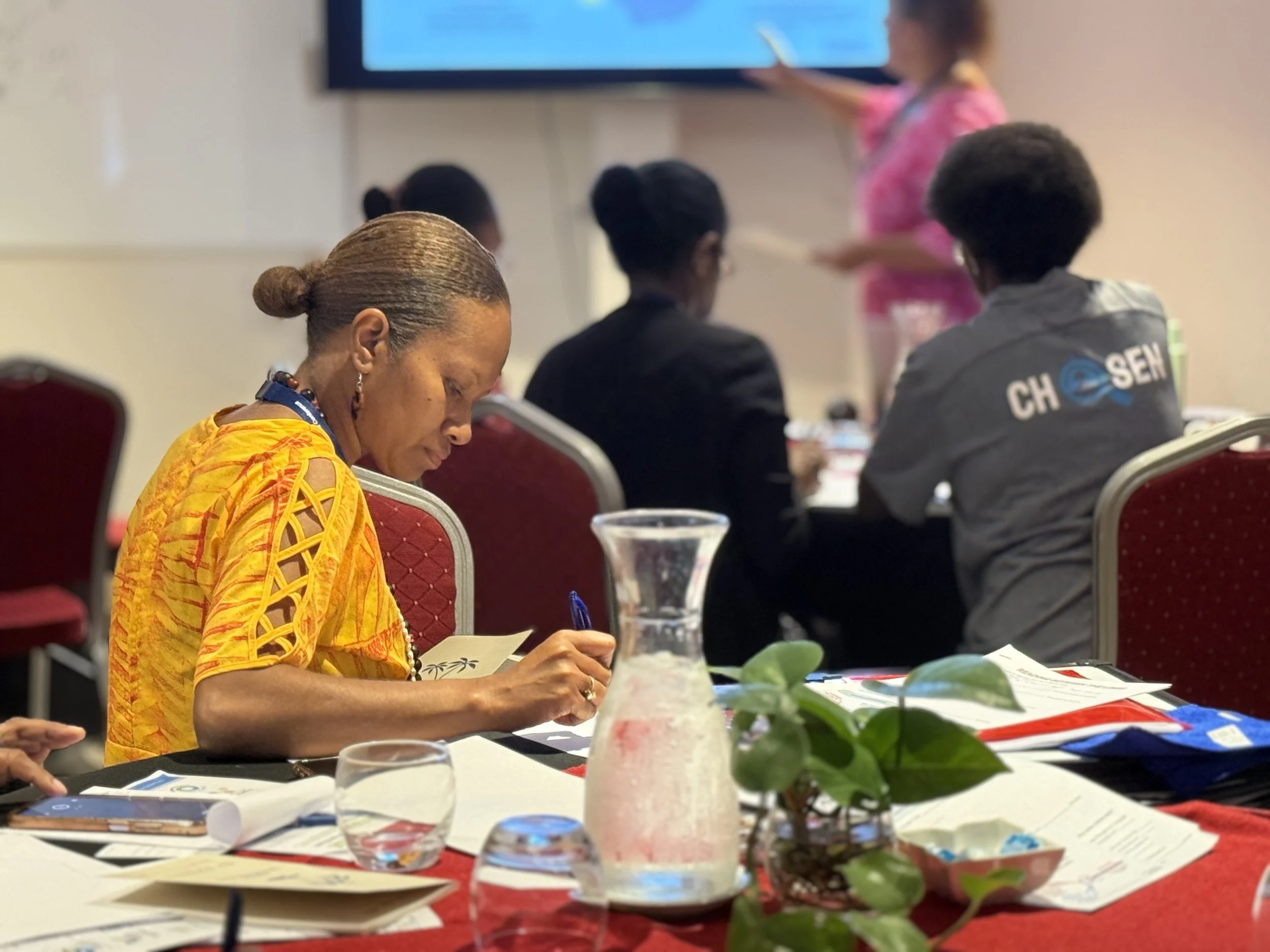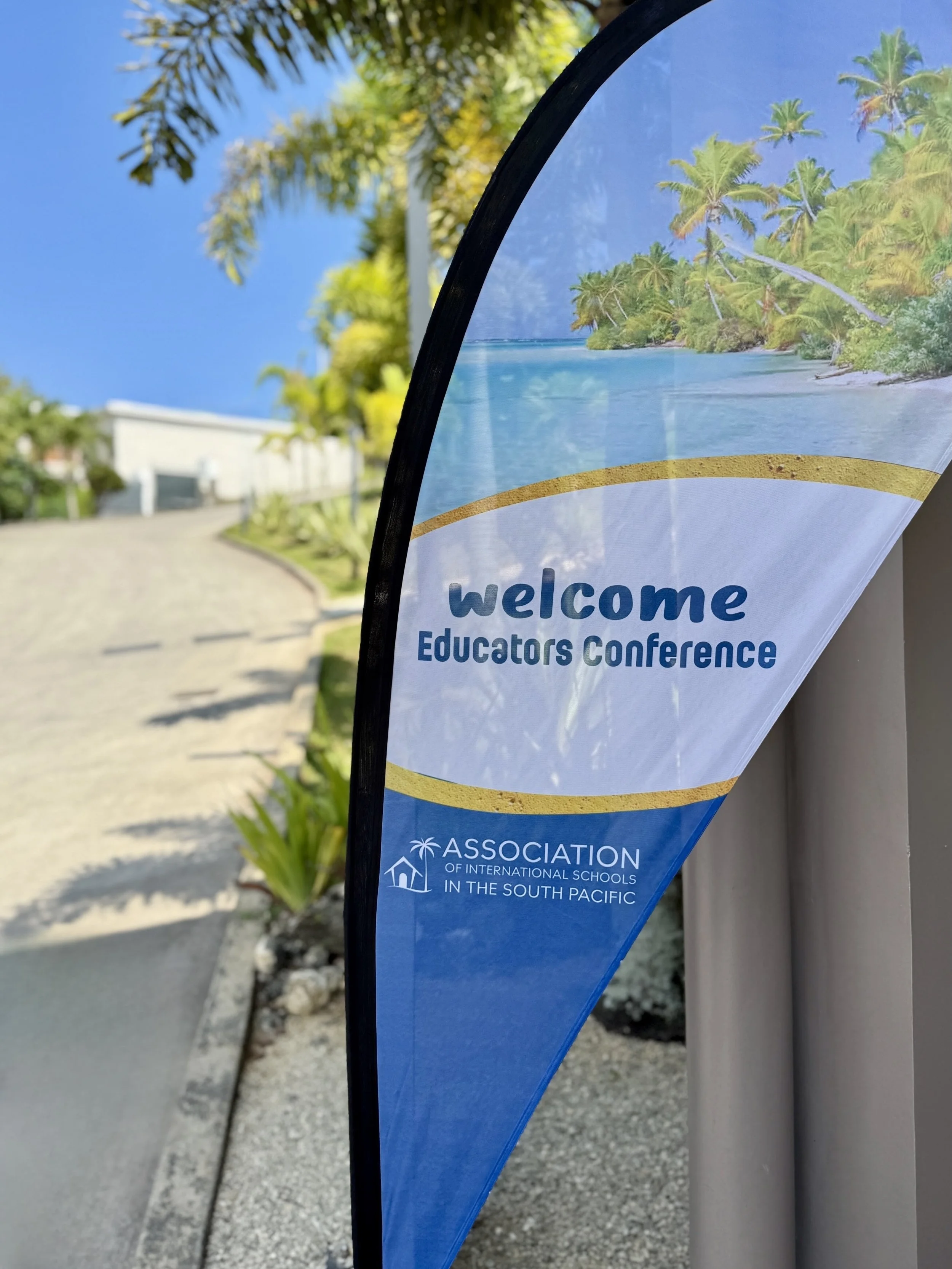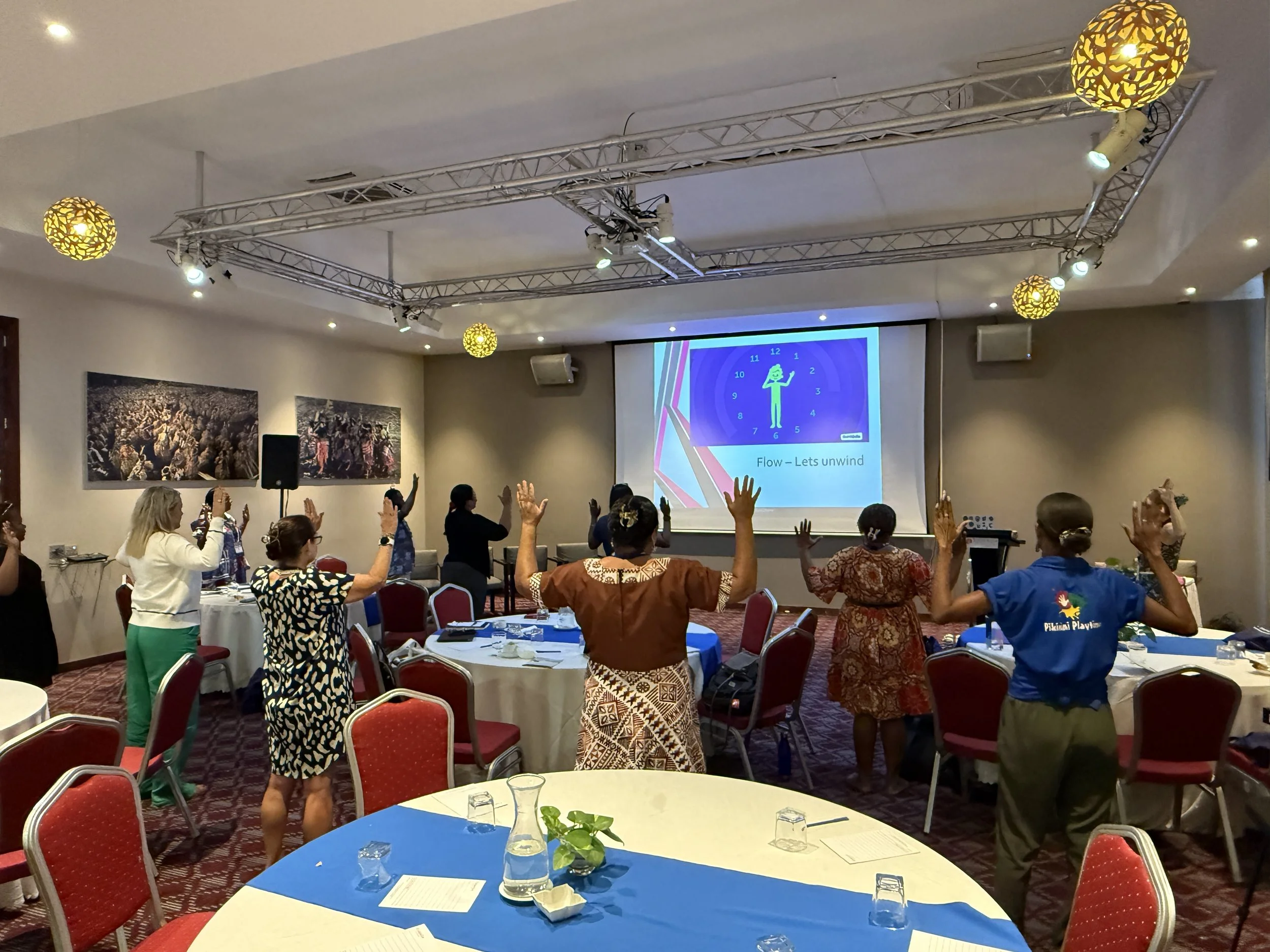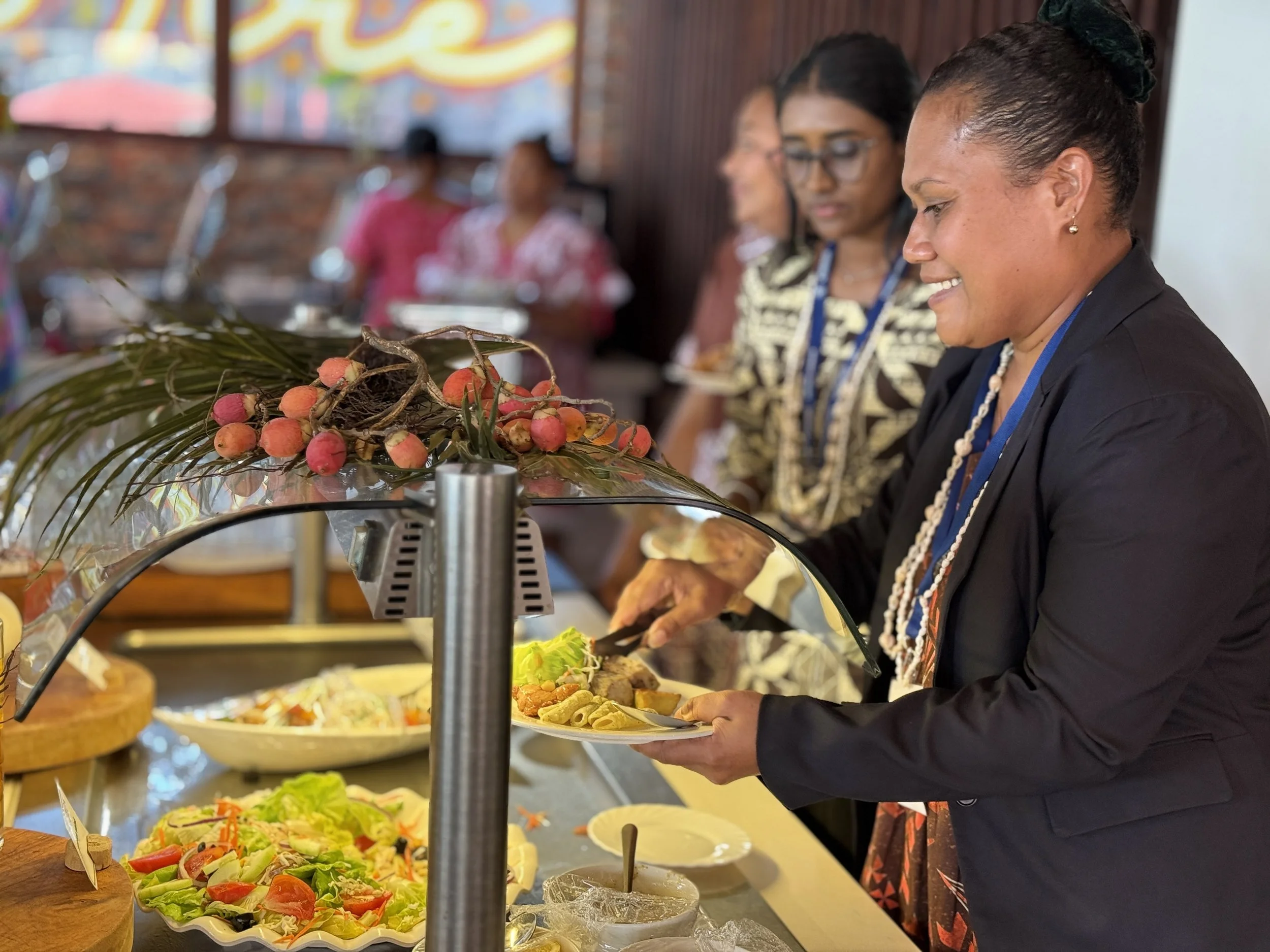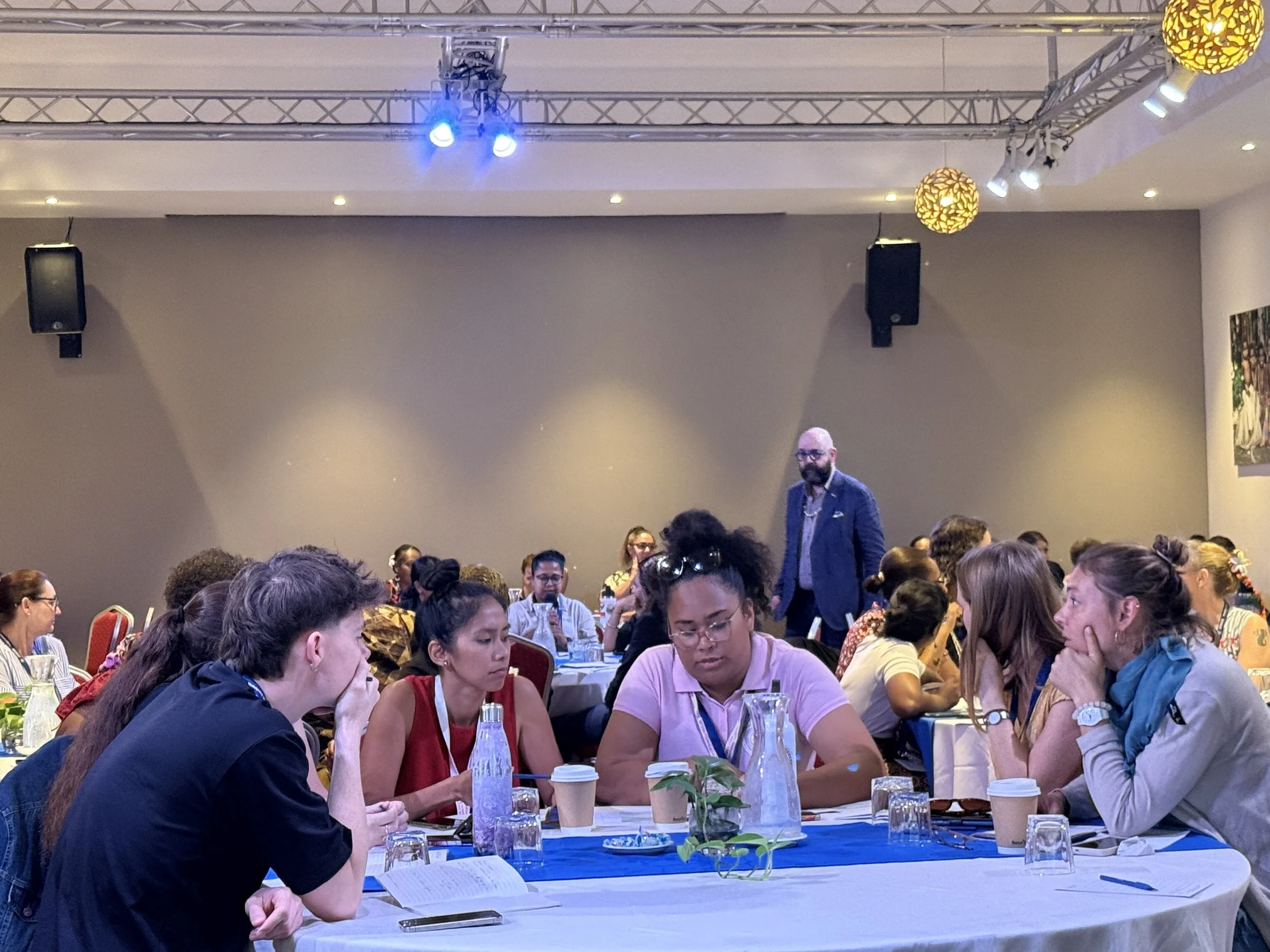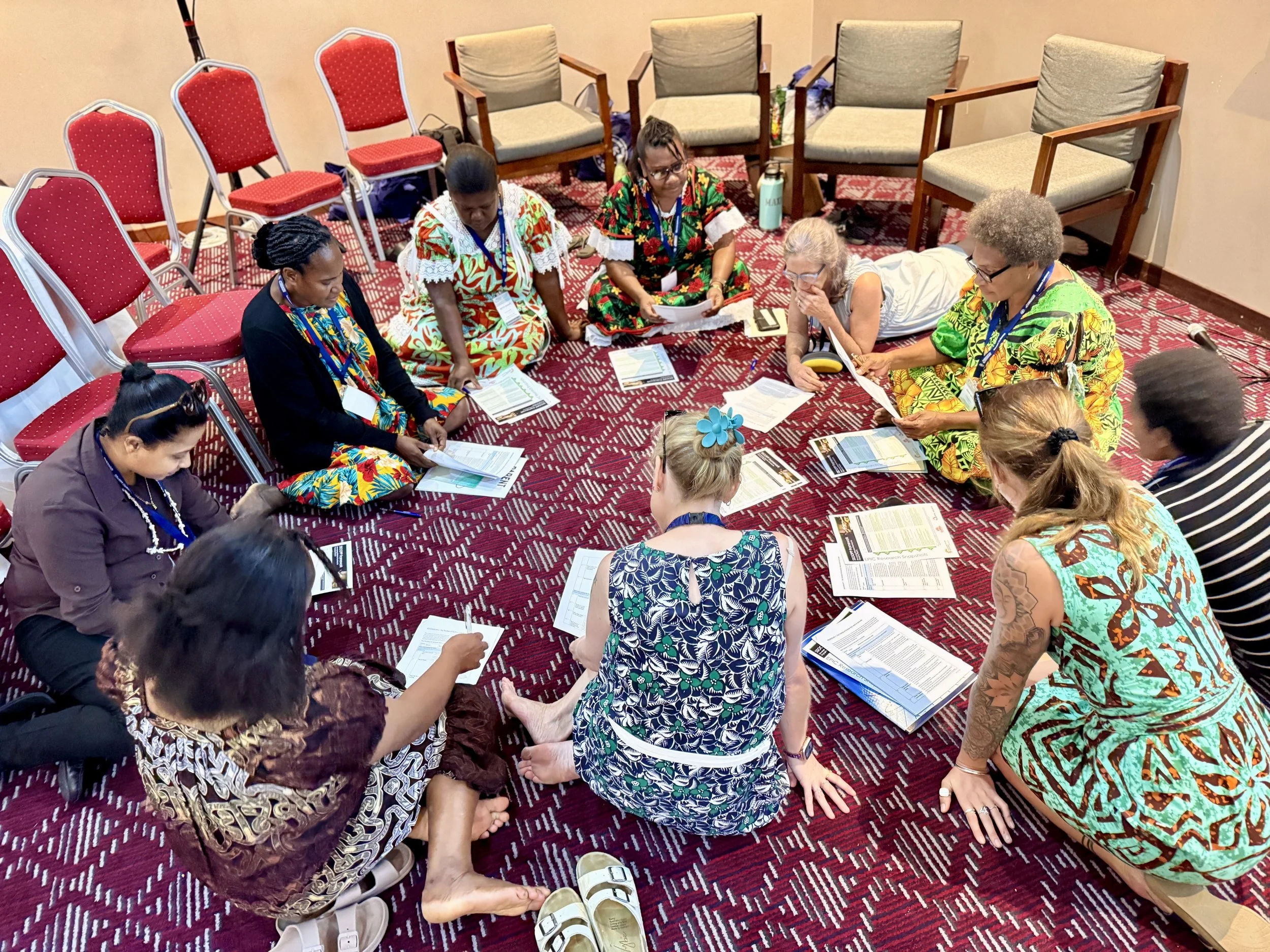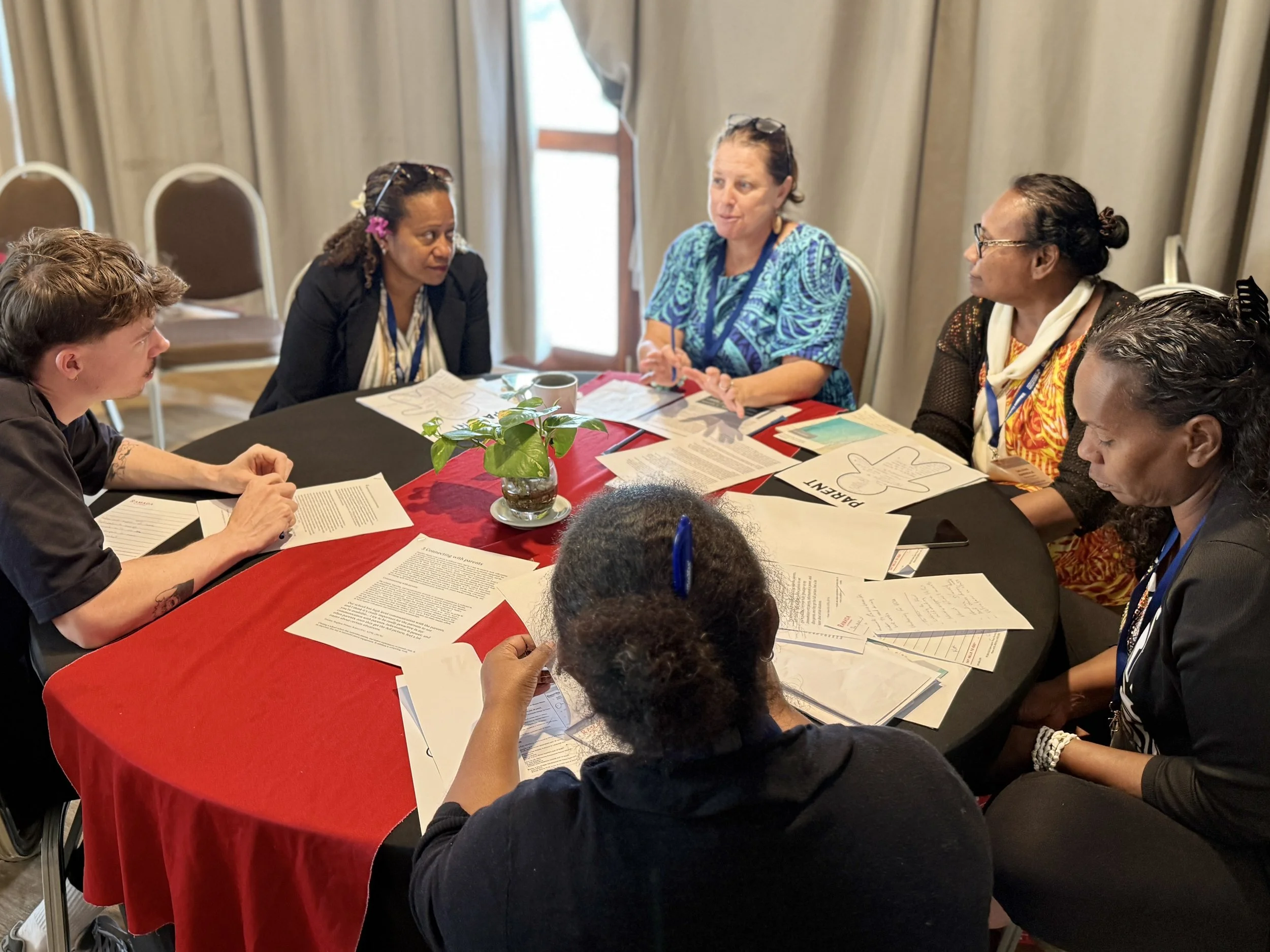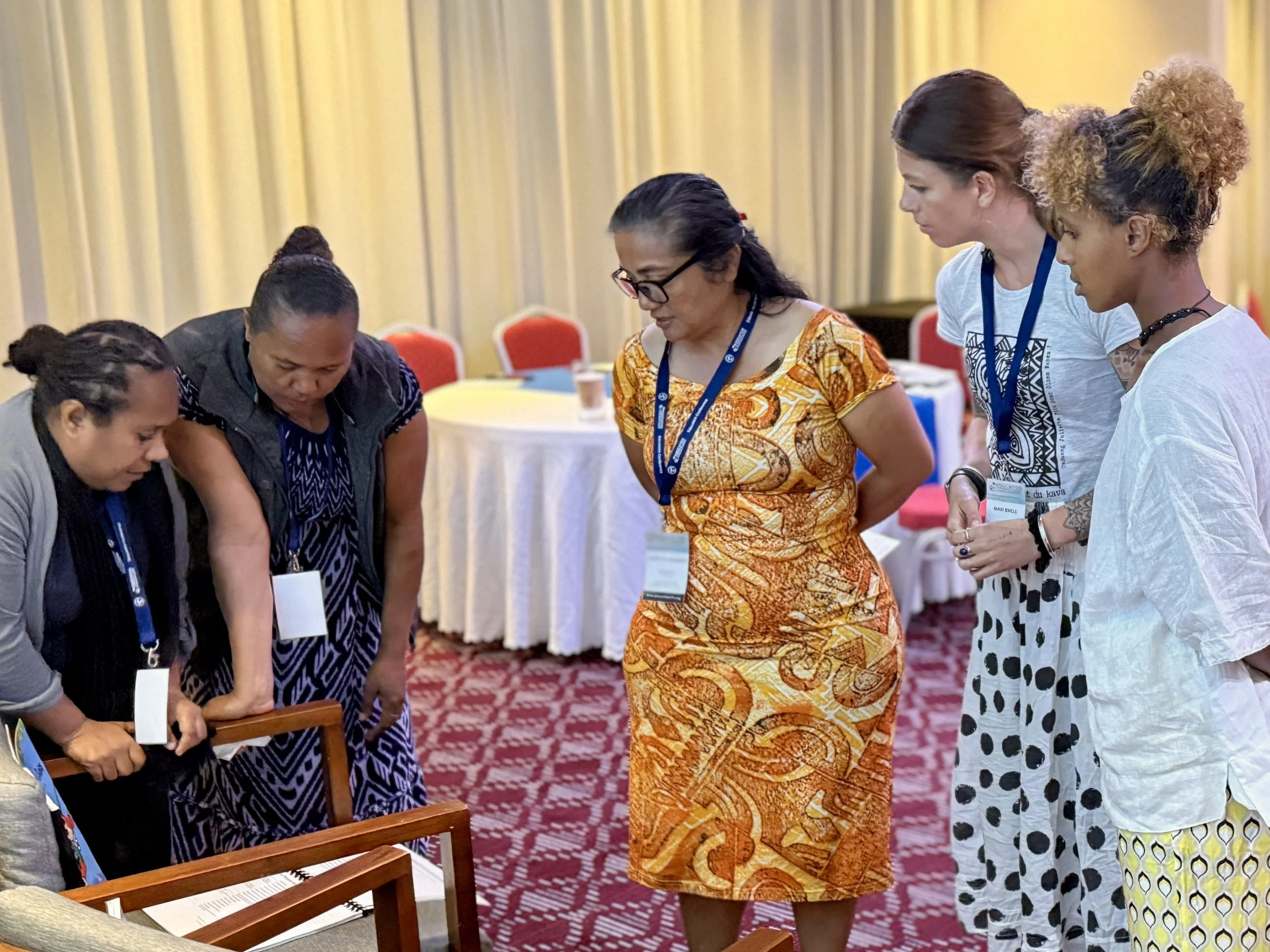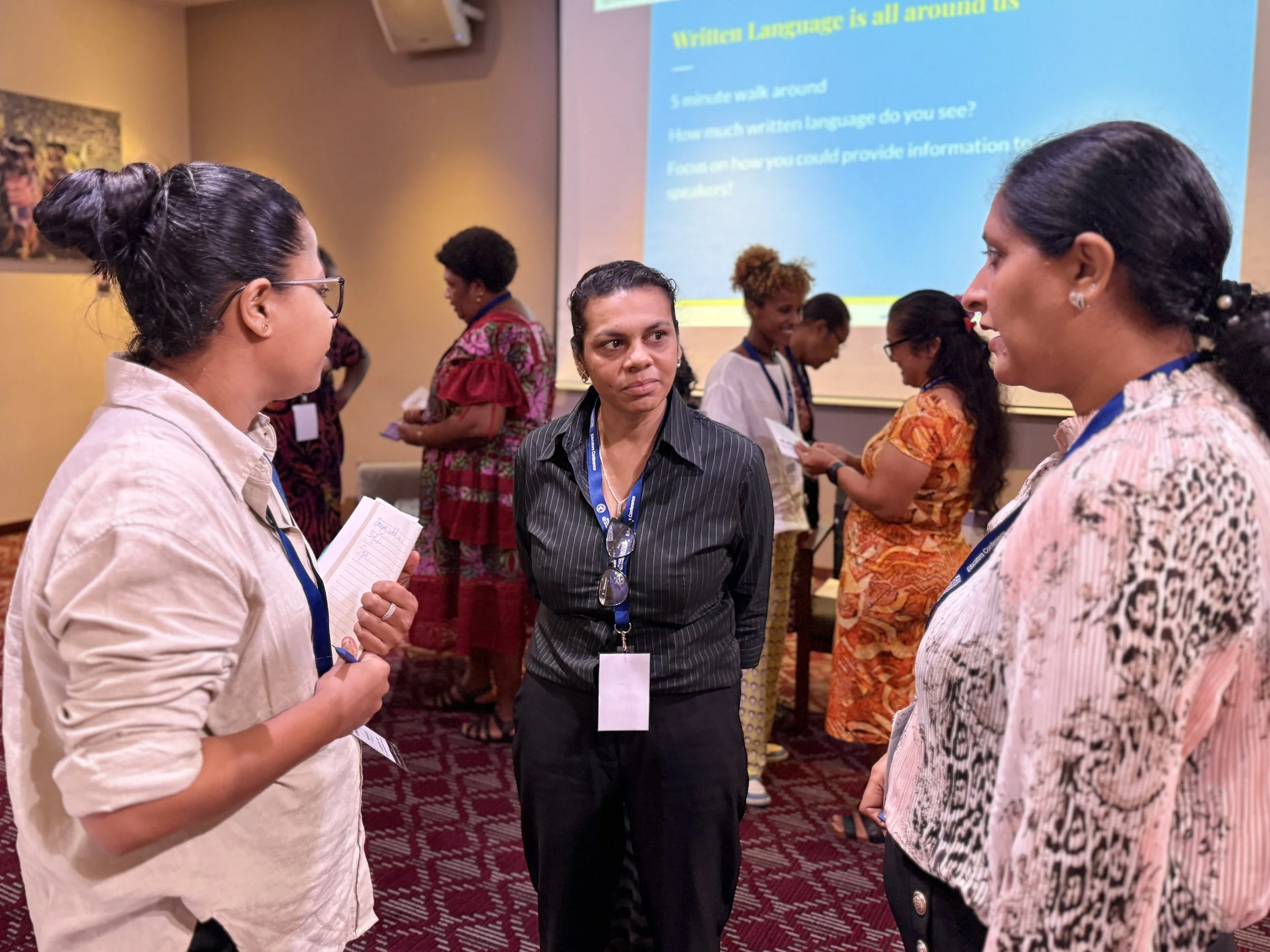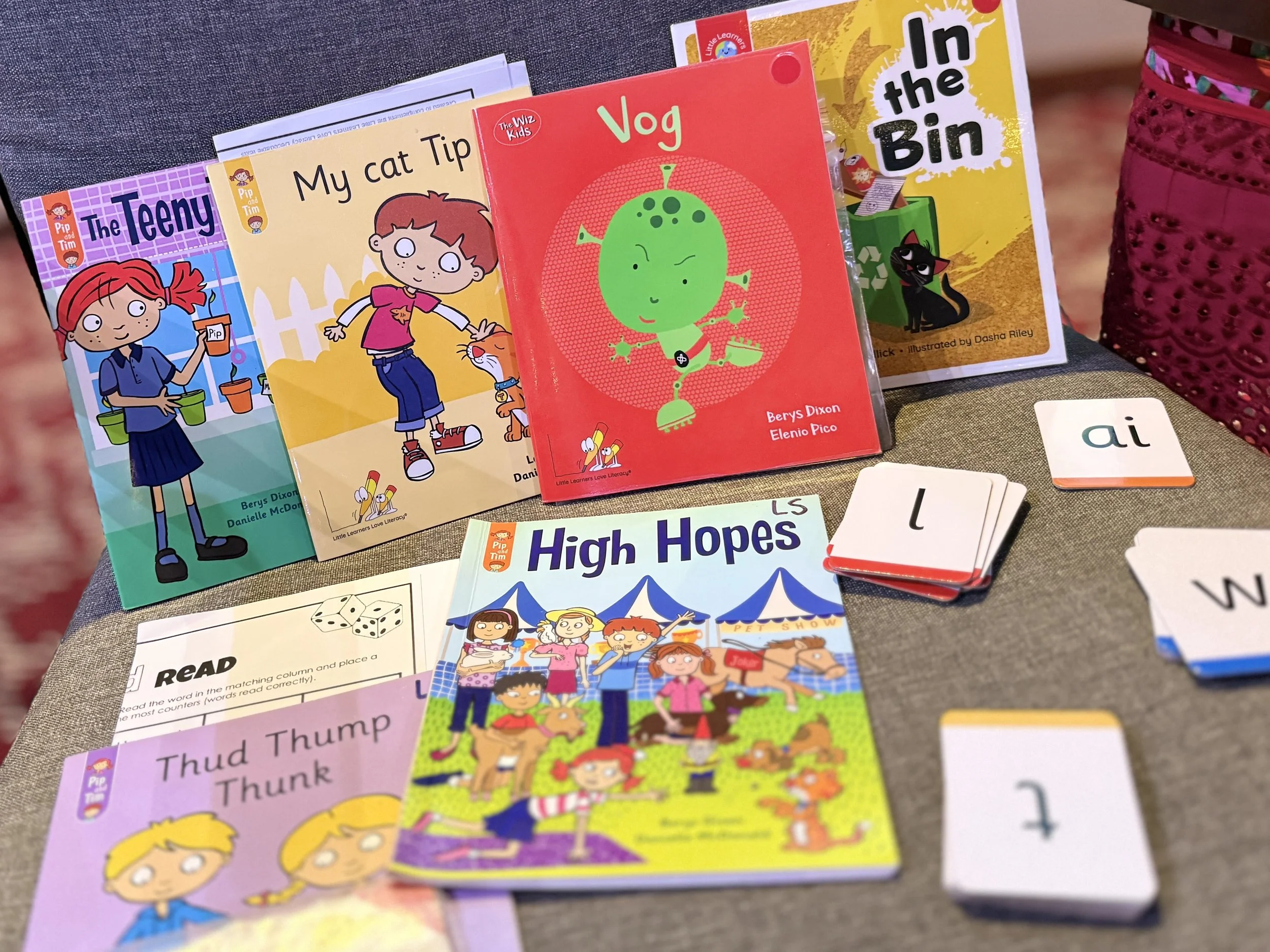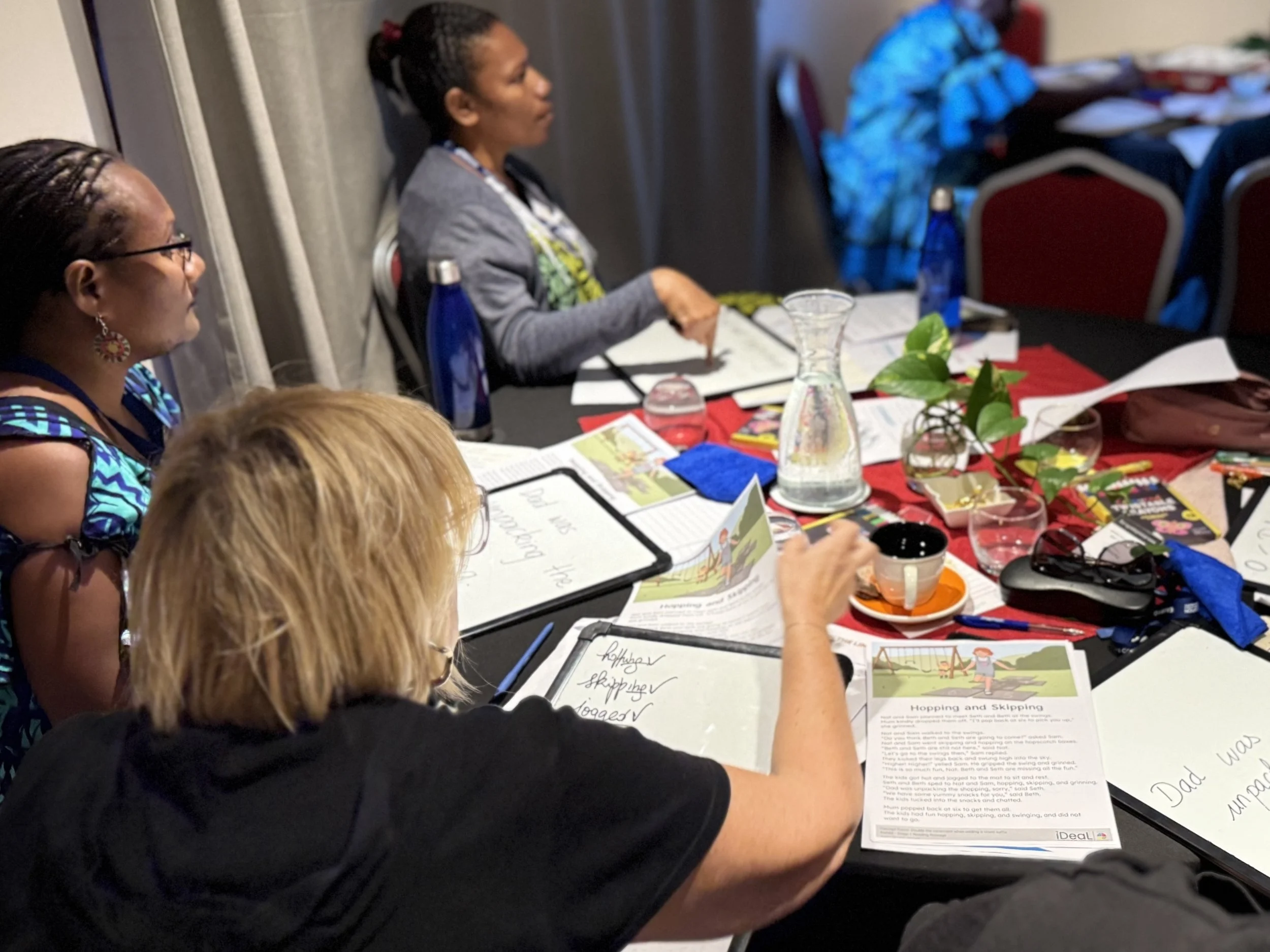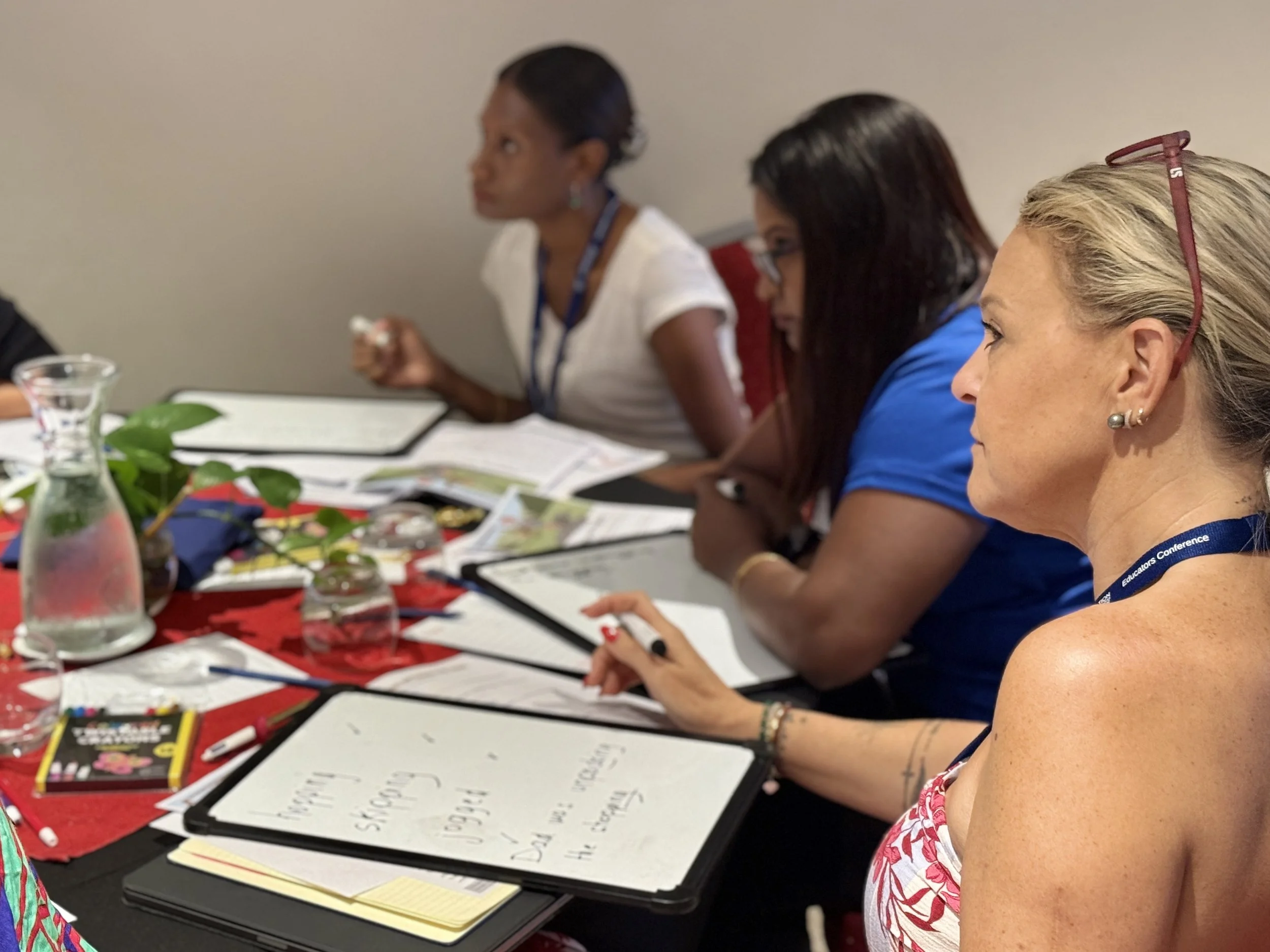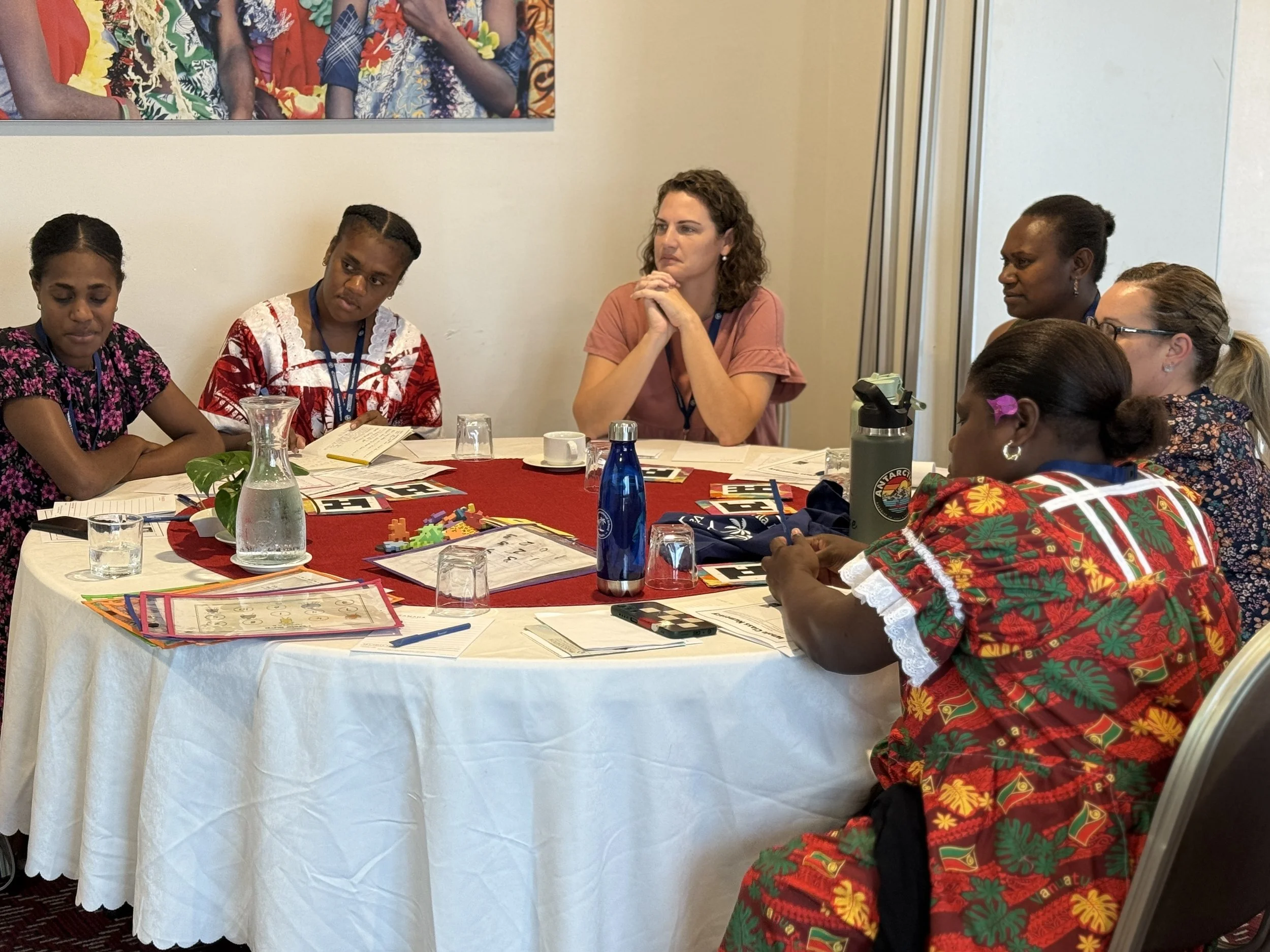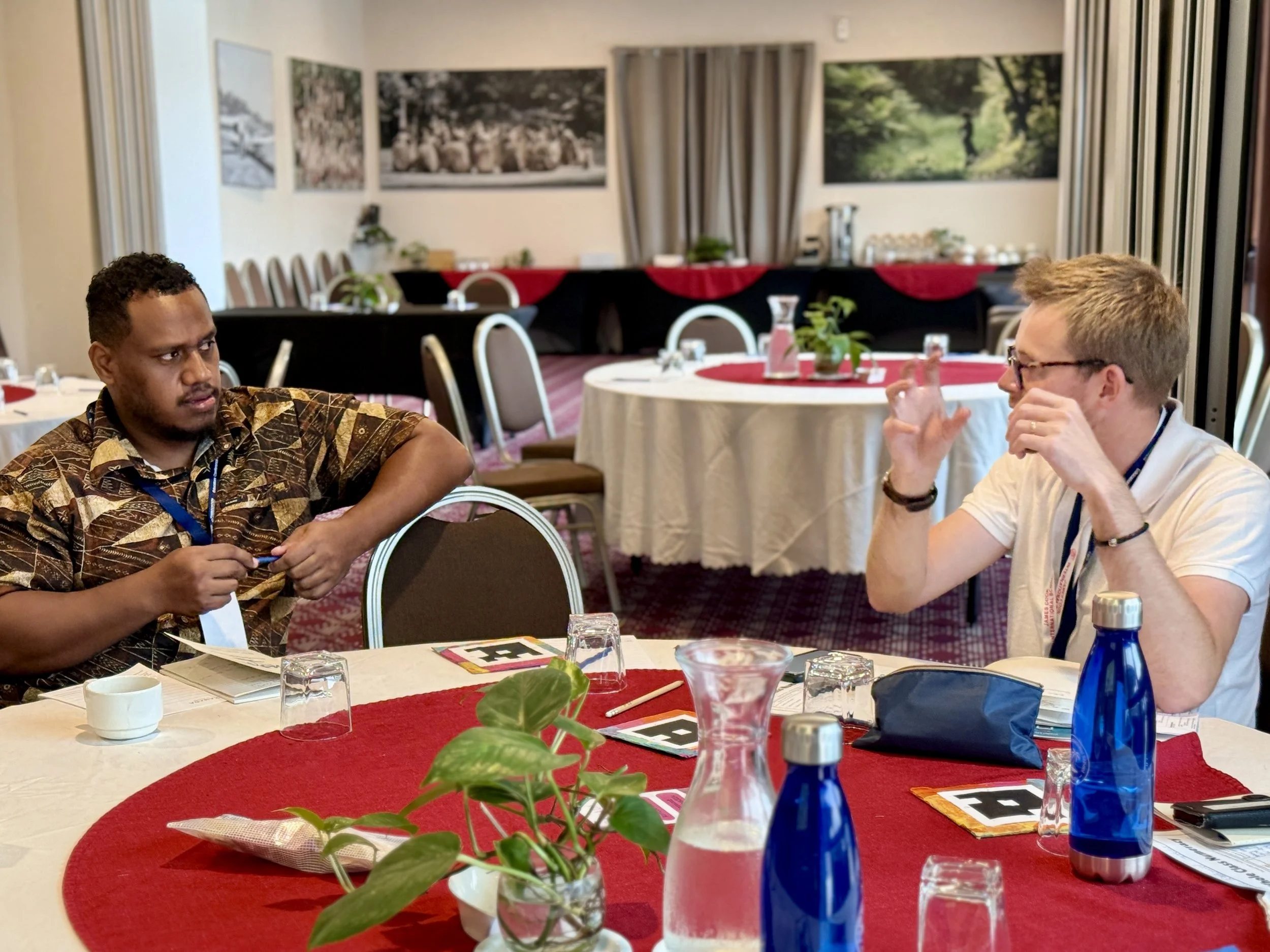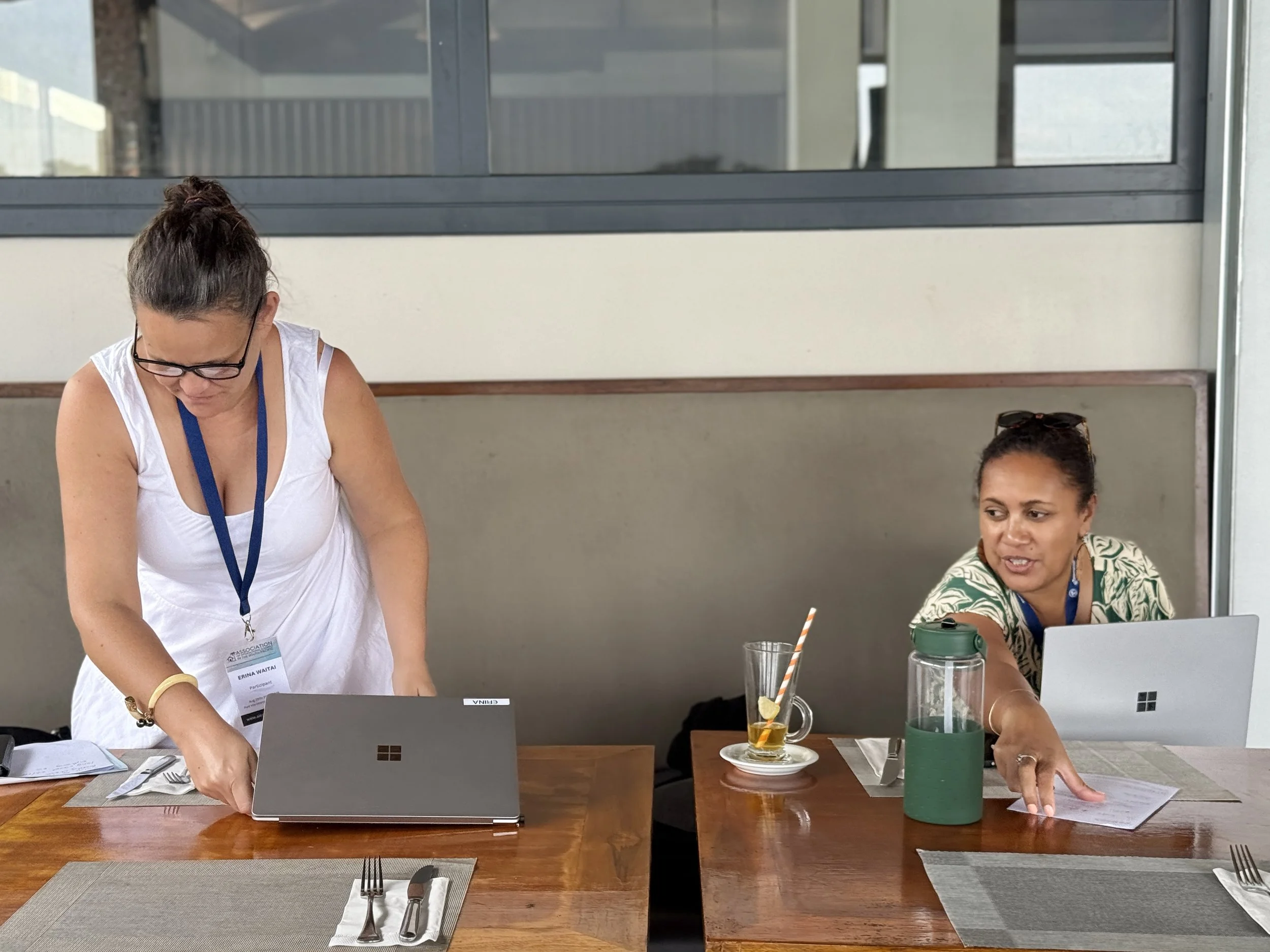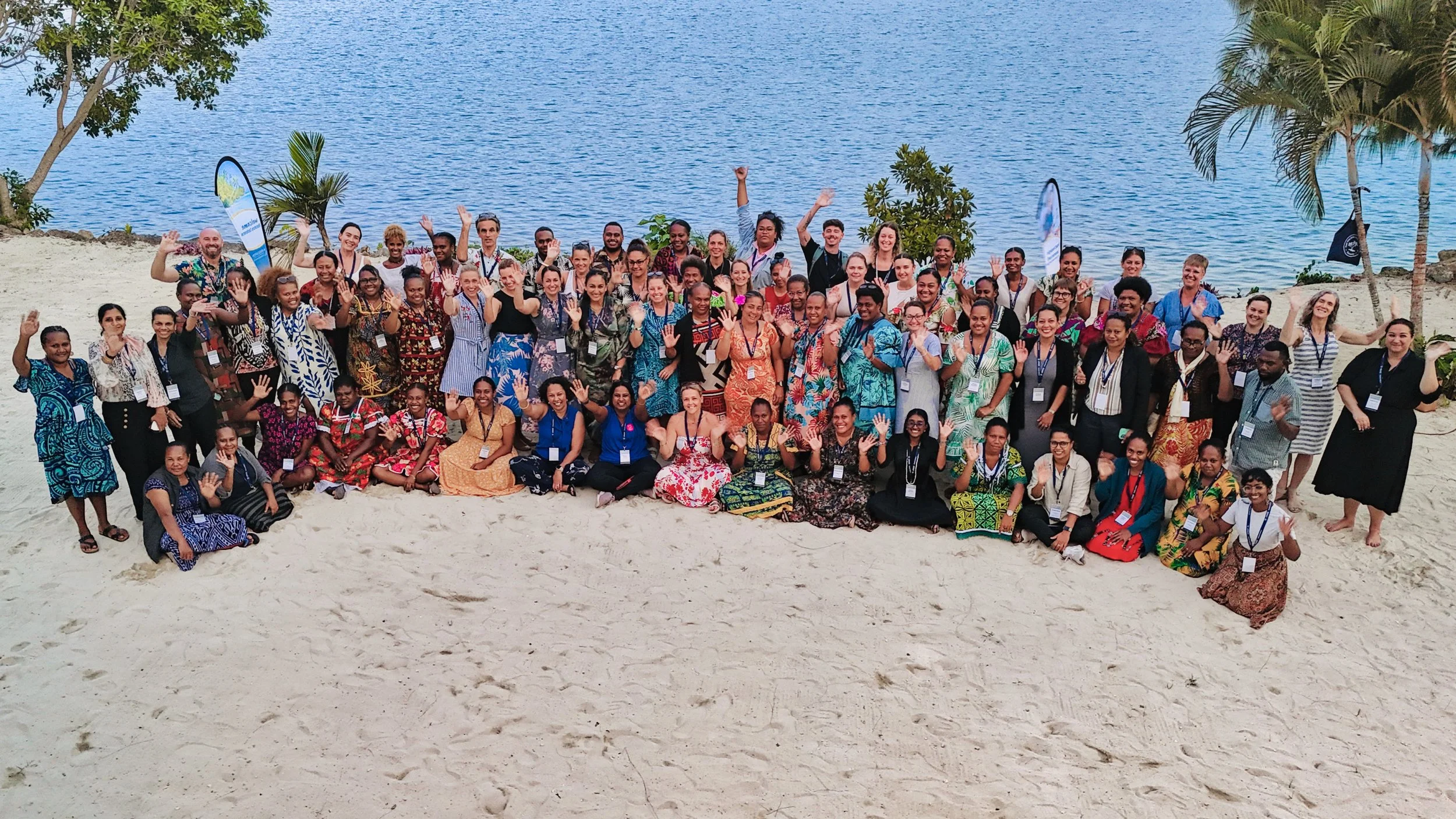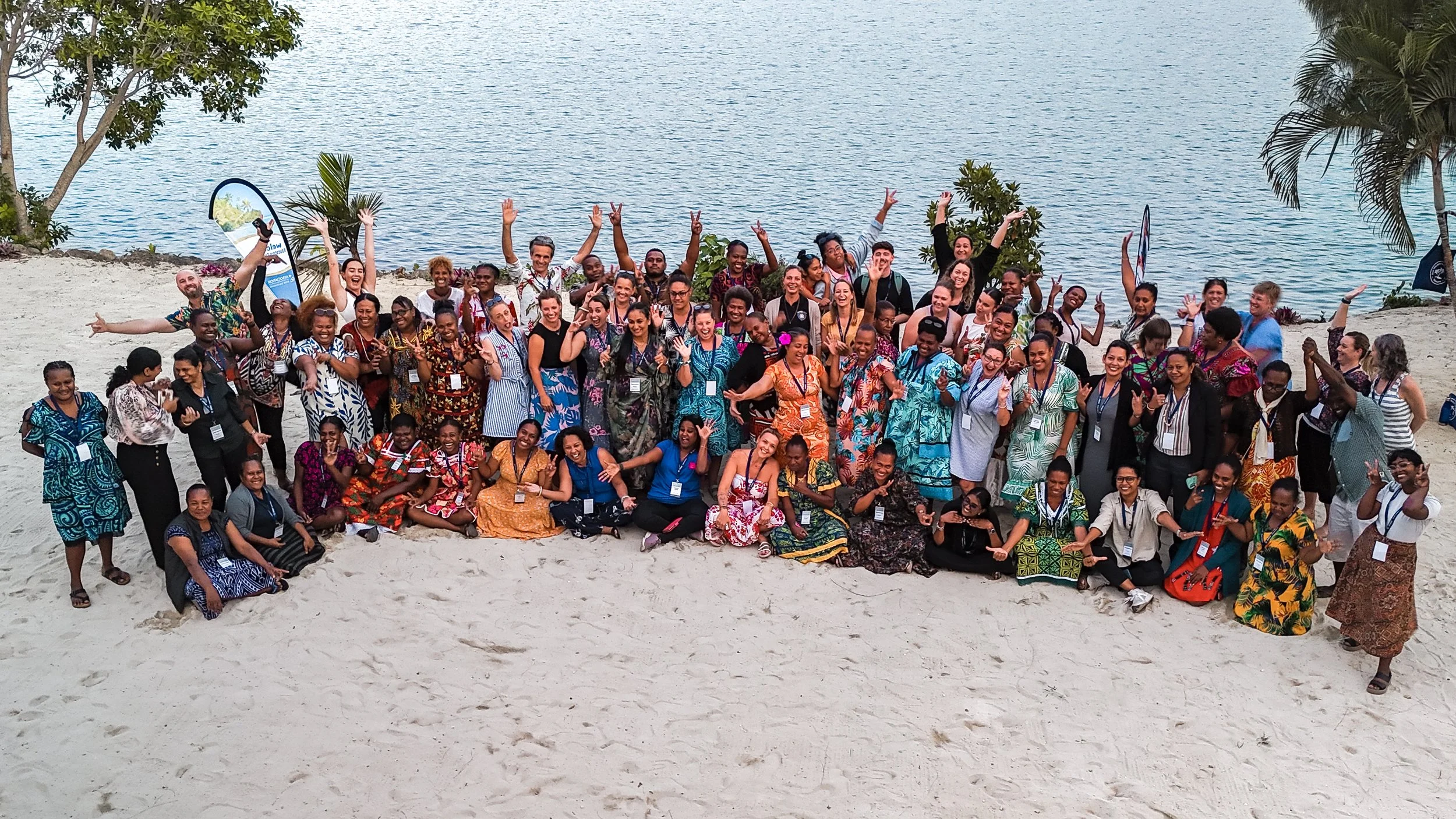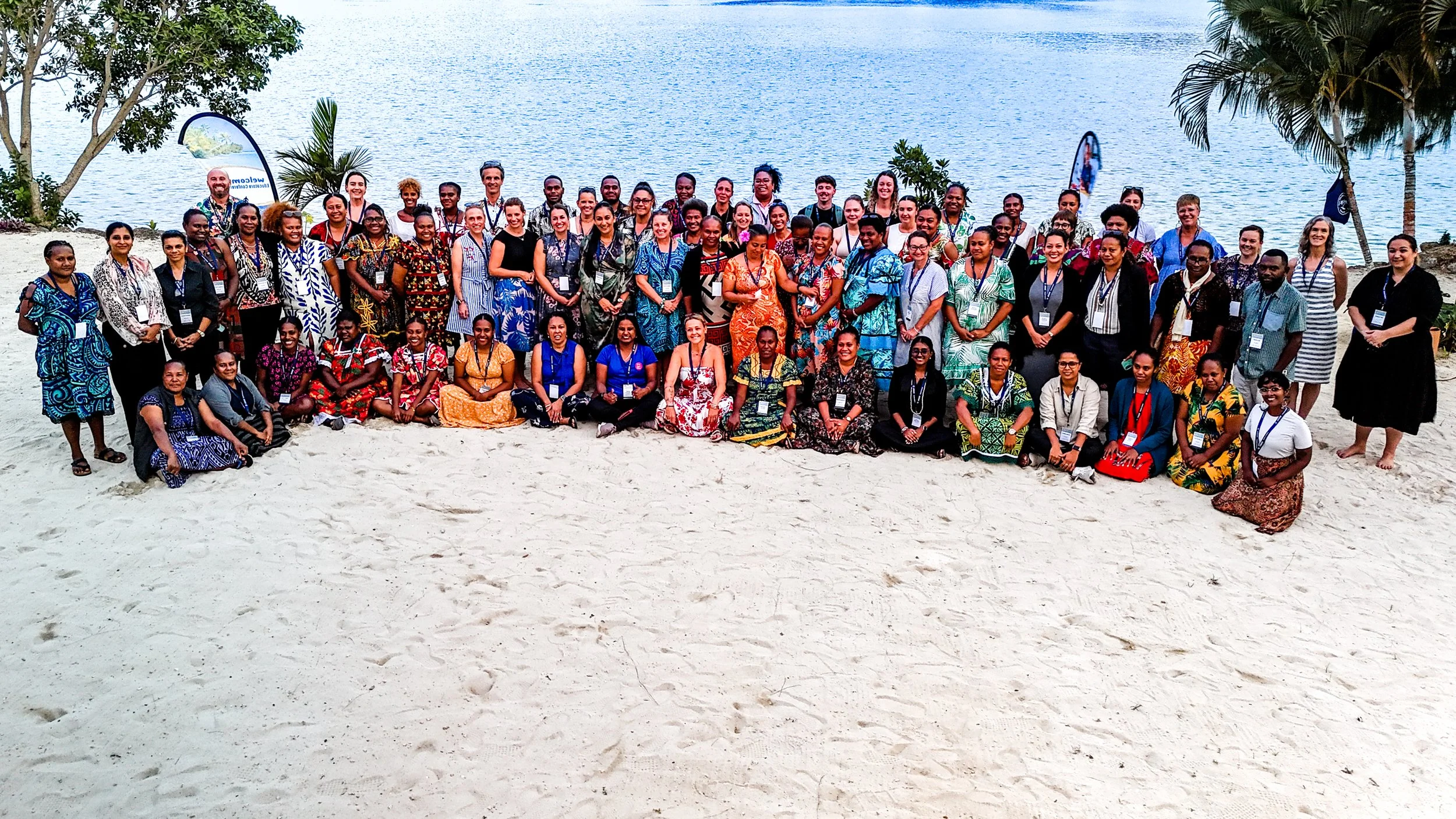
2025 Educators Conference
2025 Educators Conference
August 29th, 2025 - August 30th, 2025
Location: Port Vila International School, Vanuatu
Cost: Free
Registration Closed
The Association of International Schools in the South Pacific (AISSP) hosts professional learning conferences based on the collaborative insight from member schools’ strategic needs identified, as well as current global trends in best practices in education.
AISSP’s 2025 educators professional development conference will be August 29th-30th, 2025 with focus on the following areas…
THEME: Addressing Exceptional Needs of Learners
Dedicated to equipping educators with the knowledge and tools to address the diverse and exceptional needs of learners within our classrooms. Focusing on both theory and practical strategies, the 2025 AISSP conference will explore ways to support students with varying abilities, learning styles, and challenges, including those with disabilities, language barriers, and other unique educational needs. Each educator-led workshop is geared toward deepening understanding of effective practices in differentiation, social-emotional learning, and classroom accessibility, creating an engaging, supportive learning environment for every student.
Choice of Breakout Workshop Sessions
-
How do you cater for your most able students? An extension of curriculum at every possible opportunity: depth instead of breadth. Using tasks that require higher order thinking skills once new knowledge has been acquired as a simple way to challenge pupils. How do we ensure that our EAL students gain the language skills they need to feel part of the literacy learning journey in the classroom? Having very little understanding of the language you hear and are expected to use all day can be isolating and lonely.
-
Mindfulness and brain breaks give kids a chance to pause, reset, and refocus. A deep breath, a stretch, or a quick movement break can help them feel calm and ready to learn. These simple moments boost focus, ease stress, and make the classroom a happier place for everyone.
-
Understand the diverse characteristics of Gifted and Talented (G&T) students. Explore practical tools for identification within a South Pacific context. Learn evidence-informed strategies for differentiation and extension. Gain confidence using AI to support planning for G&T students.
Build a bank of actionable ideas to trial in their classrooms.
-
Imagine partnering with parents to improve student well-being and learning. Imagine helping to address the exceptional needs of learners by engaging regularly with parents. Imagine creating an engaging, supportive learning environment, not only for students, but for their parents too. In this session, we will share examples of ways we engage with parents including reporting, special events, meetings and homework. This session will give you a suite of ideas for using the power of parents to build students' confidence, love of learning and academic achievement.
-
Metaphorically, “mind maze” is a description of the intricate nature and creative capacity of the human mind proposing that it can be a tough and complicated space to maneuver. Educators must always recognize the complexities of the human brain to really utilize appropriate practical steps and tools to motivate diverse needs learners for growth in their learning and equipping them with the necessary skills to manage their daily learning challenges.
-
Practical and based on evidence-based science of reading, this seminar will equip teachers to recognise students with reading differences, develop instructional practices and gain deeper understanding about the science of learning.
-
This session explores practical, inclusive strategies for supporting students with exceptional learning needs in the mathematics classroom. Participants will engage with innovative tools, differentiated instructional methods, and assessment practices designed to remove barriers and ensure access for all learners. Grounded in the principles of Universal Design for Learning (UDL) & equity, the workshop will highlight how inclusive math teaching not only benefits students with disabilities and learning differences, but enhances outcomes for the entire classroom community.
-
This two-part workshop supports intentional curriculum design for exceptional learners in early childhood settings. In Part 1, participants will visit learning environments to collect observational data; in Part 2, we will use this data to collaboratively plan responsive, inclusive learning experiences.
-
This session provides educators with practical tools to create inclusive, engaging, and equitable literacy experiences. By focusing on the whole learner, participants will examine how to adapt texts, scaffold instruction, and assess meaningfully, ensuring every student has access to language, literature, and self-expression. The workshop emphasizes identity, voice, and support for diverse needs in reading and writing.
-
In mathematics, we value elegant, efficient solutions to complex problems. Teaching numeracy in a diverse classroom is certainly a complex problem: how do we support all learners, from high achievers, language learners, students with additional needs, within whole-class lessons? Research increasingly supports whole-class teaching models as the most inclusive approach to numeracy instruction. While traditional grouping and streaming practices aim to support learners at different levels, they can often reinforce divides and unintentionally limit access to rich mathematical experiences. Yet, managing a class with a wide range of abilities and backgrounds can feel like an overwhelming juggling act. This workshop will examine how whole-class numeracy can promote inclusion and will explore practical strategies that can help teachers meet curriculum outcomes while keeping maths joyful, accessible, and challenging for all learners.

